Introduction
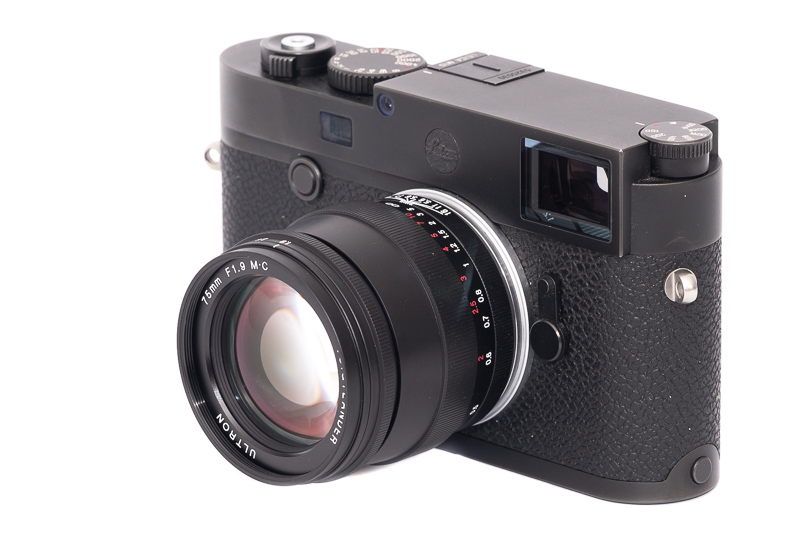
The Voigtländer VM 75mm 1.5 Nokton was and still is one of the most compelling M-mount portrait lenses for me and an epitome of what Cosina is capable of when it comes to creating very fast yet lightweight lens constructions.
Therefore it was a great surprise for me when only 4 years later Cosina released this slightly slower and only slightly lighter Voigtländer VM 75mm 1.9 Ultron. Which one is the better lens for you? Let’s find out in this review!
This lens will be reviewed on the 42mp Sony A7rII and the 24mp Leica M10.
Update: because of a bug it was not possible to post comments for this post, this has been fixed.
Sample Images
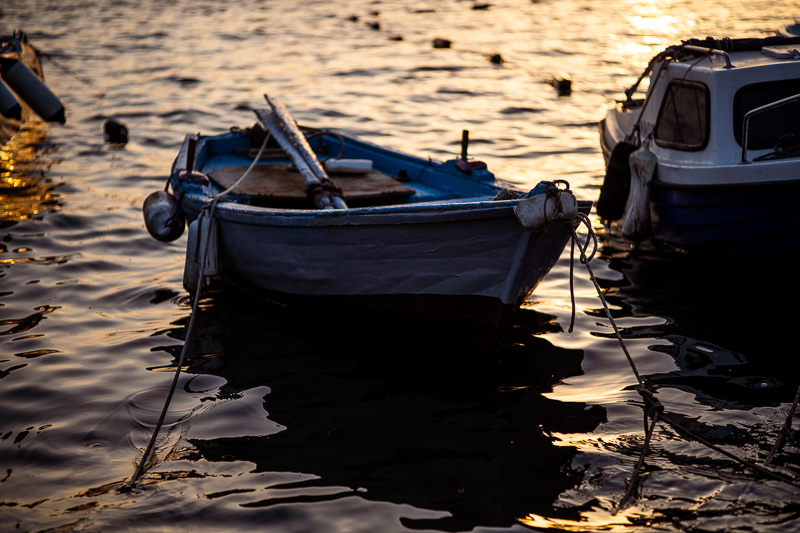
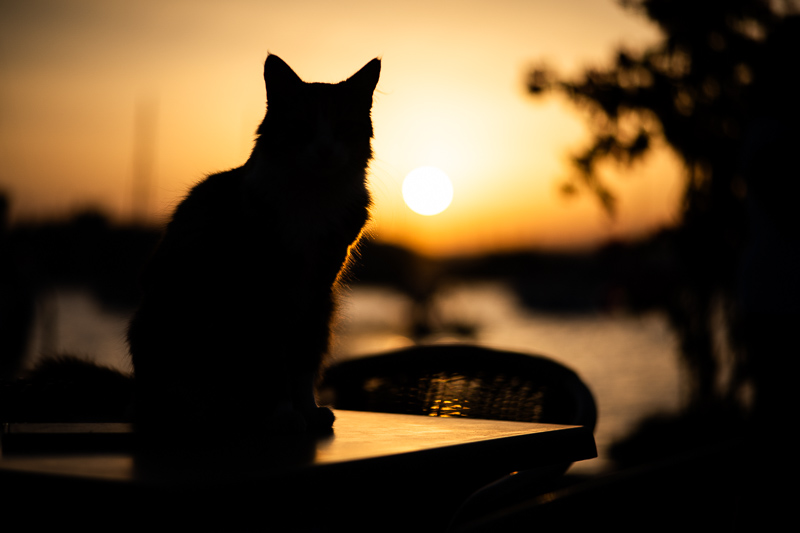
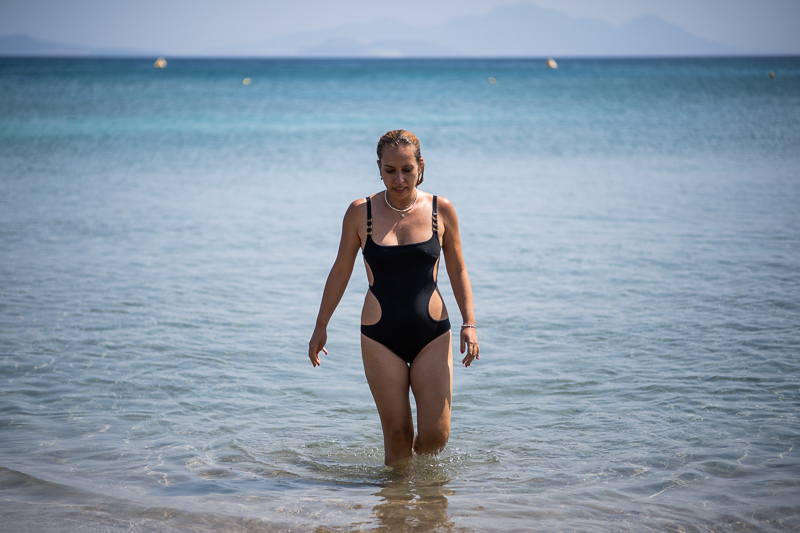
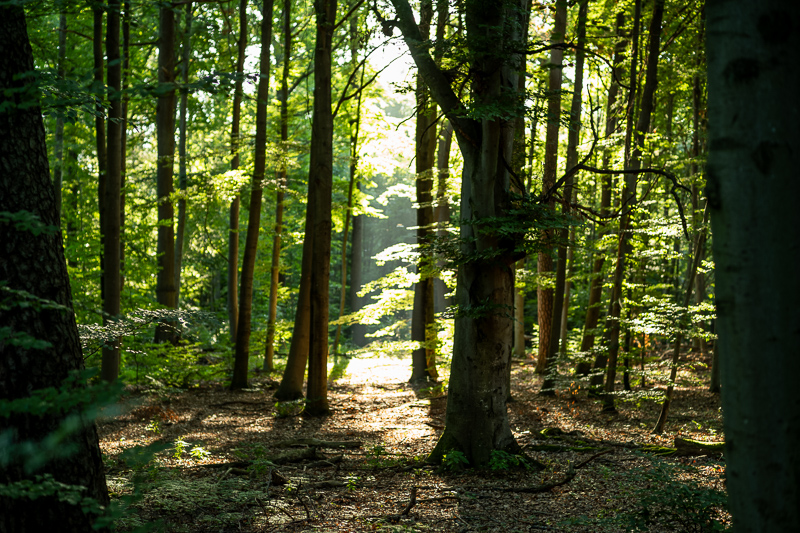
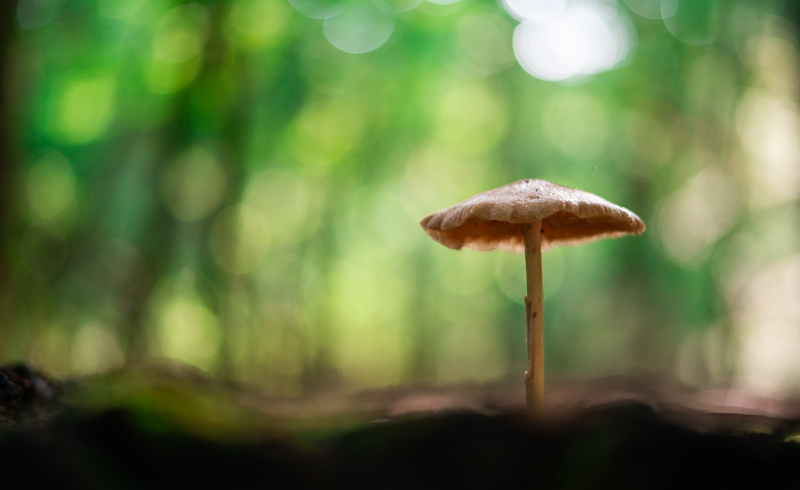
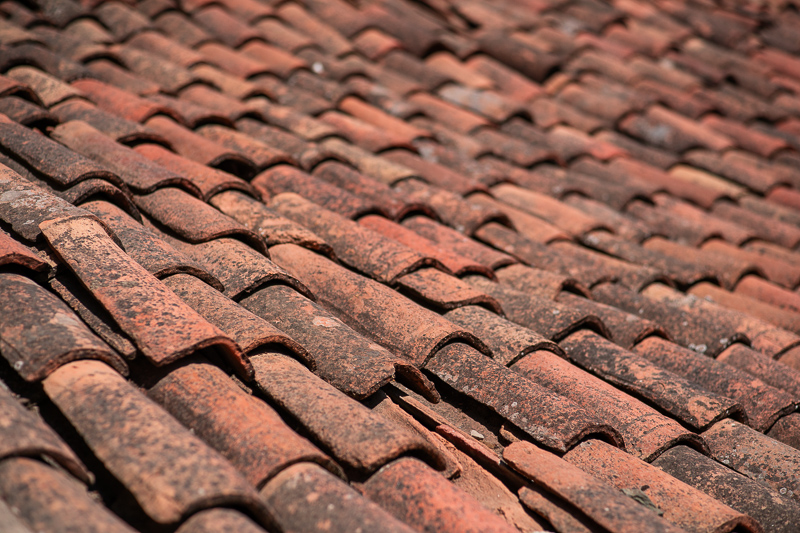
Most of the sample images in this review can be found in full resolution here.
Contents
Specifications / Version History
75mm is one of the 6 typical Leica rangefinder focal lengths and over the years there have been 4 different 75mm lenses made by Cosina, interestingly all with a different maximum aperture. They are in chronological order:
- Voigtlander 75mm 2.5 Color-Heliar
230g (black and silver), 6/5 design, 43 mm filter thread, 10 aperture blades, MFD 1.0 m, M39, 1999-2010 - Voigtlander 75mm 1.8 Heliar Classic
427g (black), 6/3 design, 52 mm filter thread, 10 aperture blades, MFD 0.9 m, M-mount, 2010-2019 - Voigtlander VM 75mm 1.5 Nokton
350g (black/silver), 7/6 design, 58 mm filter thread, 12 aperture blades, MFD 0.7 m, M-mount, 2019- - Voigtlander VM 75mm 1.9 Ultron (MC/SC)
290g (black glossy/matte), 7/5 design, 49 mm filter thread, 12 aperture blades, MFD 0.5 m, M-mount, 2023-
This is a review of the latest 75mm 1.9 version. This lens also comes as Single Coated (SC) as well as Multi Coated (MC). I bought an MC version and it has the following specifications:
- Diameter: 57mm
- Length: 54mm
- Weight: 288g (measured)
- Field of view: 32.6° (diagonally)
- Filter Diameter: 49mm
- Number of Aperture Blades: 12 (straight)
- Elements/Groups: 7/5

- Close Focusing Distance: 0.5m
- Maximum Magnification: 1:4.2 (measured)
- Mount: Leica-M
buy from amazon.com | amazon.de | ebay.com | B&H (affiliate links) for $699
Handling / Build Quality
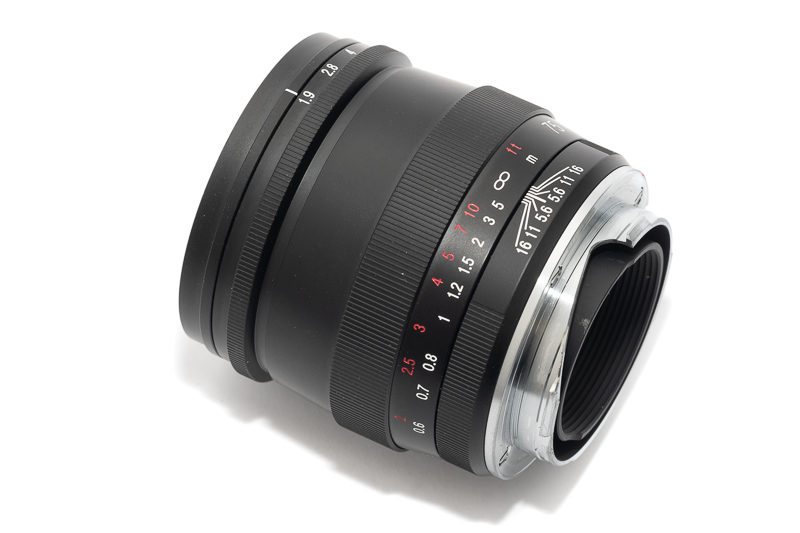
To the regular readers I must sound like a broken record by now, but with every new VM lens I wonder what casing design and handling specifics to expect because there is simply no consistency.
The VM 28mm 2.8 Color-Skopar has been released right after this VM 75mm 1.9 Ultron. Both are moderaly fast lenses with a focus on compactness and low weight, so you can expect ergonomics to be the same, right? If it isn’t obvious from the following picture already: no, you cannot.
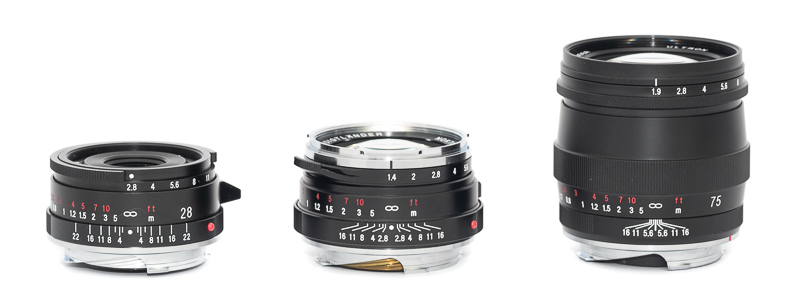
The 28mm features a focus tab whereas the 75mm features a knurled focus ring instead. The design of the aperture ring is completely different and for some reason this 75mm does not feature a red dot for easier mounting.
The focus ring has a nice, even resistance and travels 120° from the minimum focus distance of 0.5 m to infinity. It isn’t really a short throw, but then this lens allows you to get close to macro territory with a maximum magnification of almost 1:4. This makes the VM 75mm 1.9 the closest focusing 75mm M-mount lens, but it is also the reason I would have wished for a longer focus throw, as it can be a bit fiddly achieving correct focus at wider apertures, especially when focusing at something farther away.
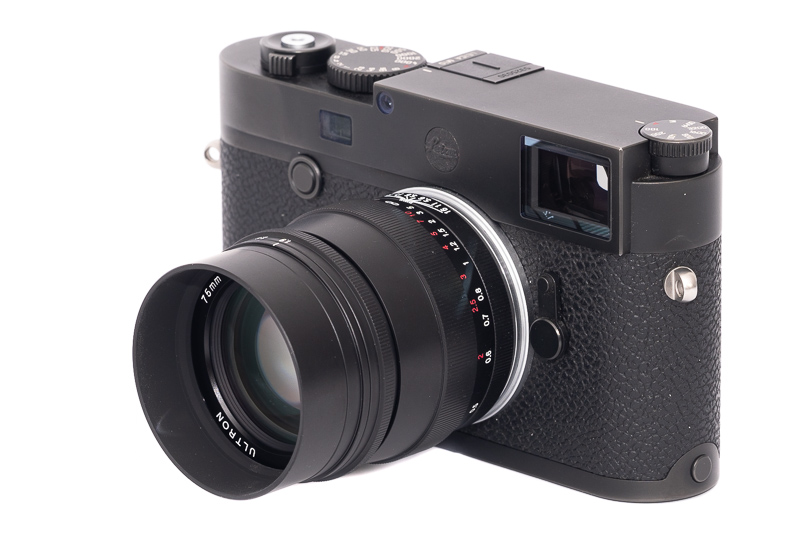
Interestingly, a short circular screw-in lens hood was included. I still don’t know what is the reason, some Voigtländer lenses ship with a hood, whereas you have to pay a hefty premium for the hood of some others.
On compatible M-mount cameras this lens brings up the correct 50/75mm frameline pair. There is no rangefinder blockage without the hood and only a minimal amount with the hood attached.
The aperture ring has very distinct and equidistantly spaced half-stop click-stops. It is narrow but far enough from the focus ring and therefore easy to find. It travels ~100° from f/1.9 to f/16.
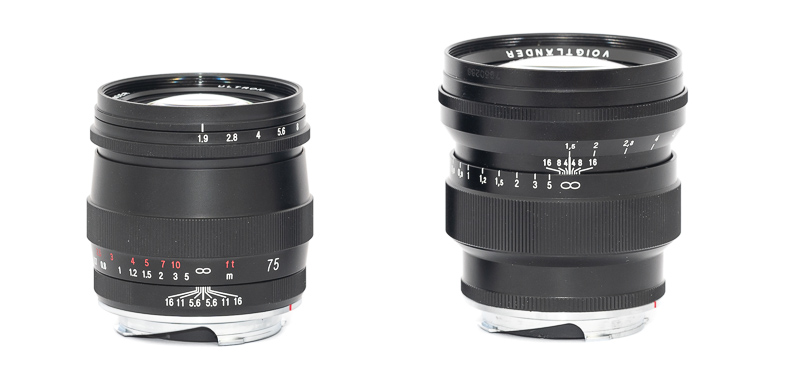
Compared to the slightly faster Voigtländer VM 75mm 1.5 Nokton (which shares a casing design with Voigtländer’s short-lived, weight optimized SE lenses for Sony E-mount) the build quality does feel a bit more solid. Some people also claim that the Nokton developed focus creep over time. This didn’t happen with my sample though (yet).
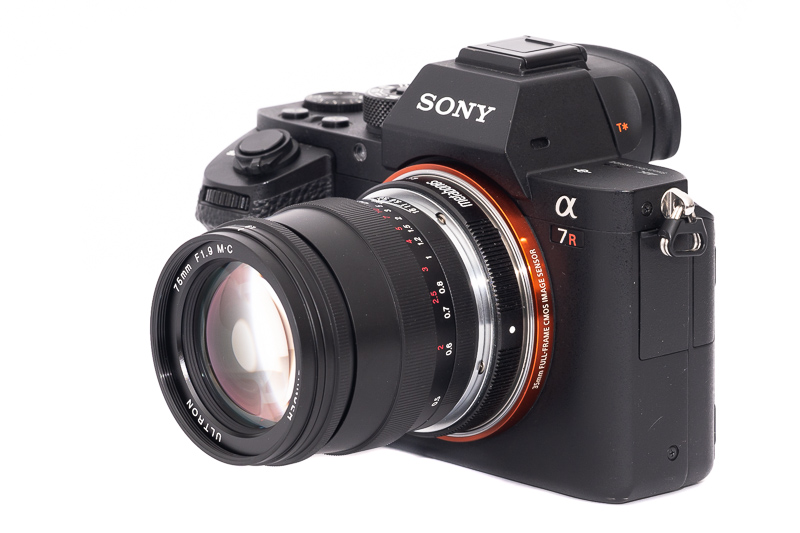
The lens can be mounted to Sony E-mount cameras (and several other modern mirrorless cameras) via adapters. If you are using a Sony E-mount or a Nikon Z-mount camera you can also equip it with basic EXIF data by using the TTArtisan 6-bit adapter or with autofocus by using the Techart LM-EA9 AF adapter and I am happy to report that this is one of the lenses that works quite well with this AF adapter.
Vignetting
Light falloff
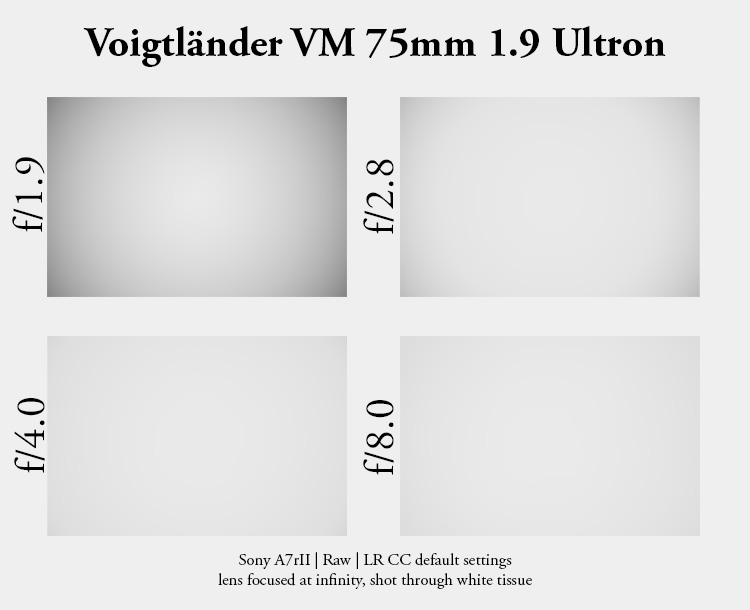
| f/1.9 | 2.2 EV |
| f/2.8 | 1.3 EV |
| f/4.0 | 0.6 EV |
| f/5.6 - f/16 | 0.5 EV |
At its maximum aperture of f/1.9 I measured 2.2 EV which improves to only 1.3 EV at f/2.8 and to barely noticeably 0.5 to 0.6 EV from f/4.0 onwards.
The Voigtländer VM 75mm 1.5 Nokton showed 2.4 EV at f/1.5 in my direct comparison, so almost the same value. At f/2.0 and f/2.8 this faster f/1.5 lens does slightly better, but the difference is not as big as to actually get excited about.
Stopped down they perform pretty much the same.
Also the Leica 75mm 1.4 Summilux-M and the 7Artisans 75mm 1.25 perform similar in this category, so the performance here is nothing I would base my buying decision on.
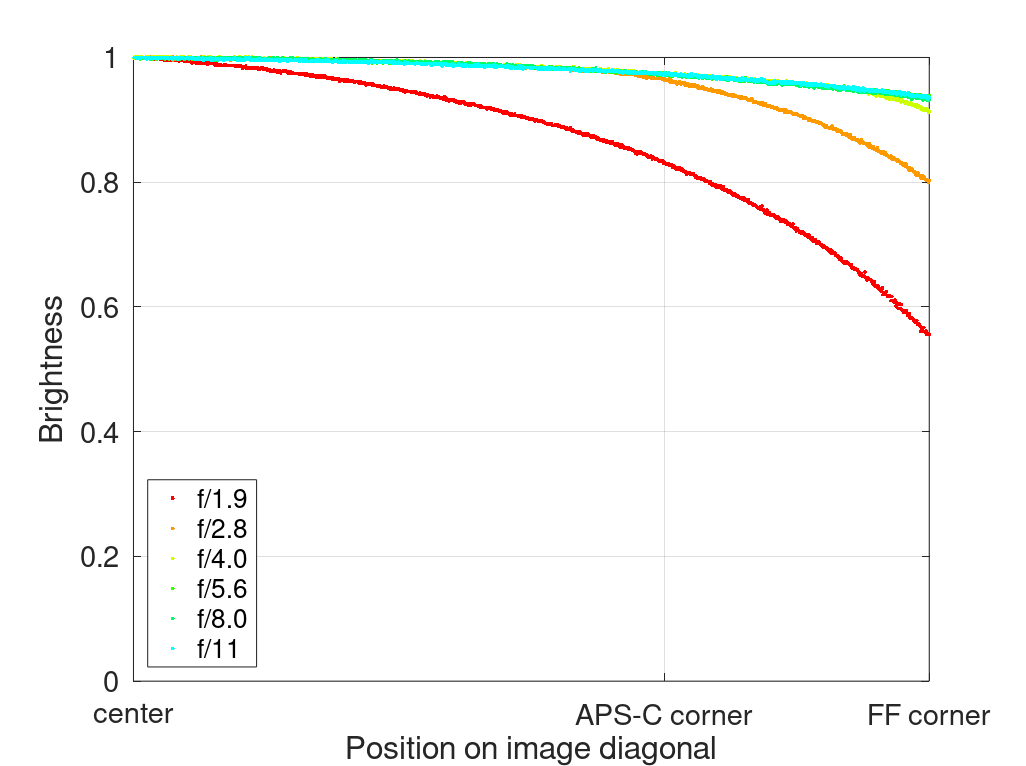
It is recommended to have a look at this article first to get an idea how this brightness graph works.
Optical vignetting
Fast lenses usually show a noticeable amount of optical vignetting, especially so the compact ones. Without going too much into technical details optical vignetting leads to the truncation of light circles towards the borders of the frame.
In the center of the frame almost every lens will render a perfect circle, but only lenses with very low optical vignetting will keep this shape in the corners.
So in the following comparison we move from the center (left) to the extreme corner (right) and see how the shape of the light circle changes.
When it comes to compact, fast lenses like this Voigtländer VM 75mm 1.9 Ultron a high amount of optical vignetting should not come as a surprise. At the maximum aperture the difference between center and corner is very similar to the Voigtländer VM 75mm 1.5 Nokton. At shared apertures the faster f/1.5 lens with its bigger lens elements does have an advantage though, showing almost no optical vignetting at f/2.8 whereas this slower 75mm 1.9 Ultron still shows more rectangular highlights in the corners.
The Leica 75mm 1.4 Summilux-M is the worst performer in this category, followed by the 7Artisans 75mm 1.25.
If the performance in this category is important to you, I would recommend to go for the 75mm 1.5.
Sharpness
Focus shift
33% crops, Leica M10
There is a little bit of focus shift with this lens, but probably not enough to worry about when using a lower resolution camera or even film.
If you are using a higher resolution camera it might be a good idea to double check focus at working aperture in the f/2.8 to f/4.0 range with liveview if possible.
Infinity (42mp Sony A7rII/24mp Leica M10)
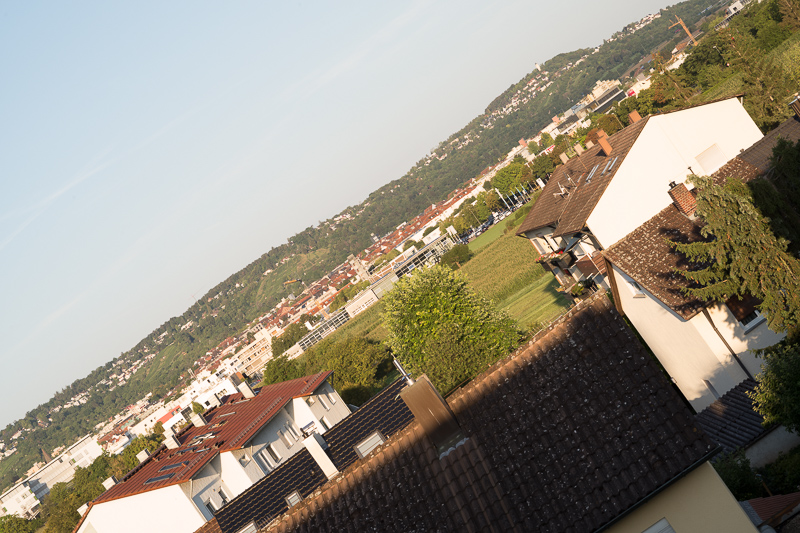
The performance in this category is very similar to the Voigtländer VM 75mm 1.5 Nokton, meaning: really good from wide open on the M10 with only minimal midzone dip and drop off in the corners.
On a camera with a thicker filter stack (e.g. Sony E, Nikon Z, Sigma fp) the midzone dip is stronger and the corners need stopping down to f/4.0 to look as good as on an M-camera at f/1.9.
If I was looking for even across frame performance I would use at least f/2.8 on Leica and f/5.6 on other cameras. I consider this a very good performance for such a compact yet fast lens – especially one made of only 7 elements.
Portrait 2.1 m (24mp Sony A7III/Leica M10)
For portraiture it isn’t so important how flat the field is, it is more interesting to see what the sharpness is like when focused at different parts of the frame to take field curvature out of the equation.
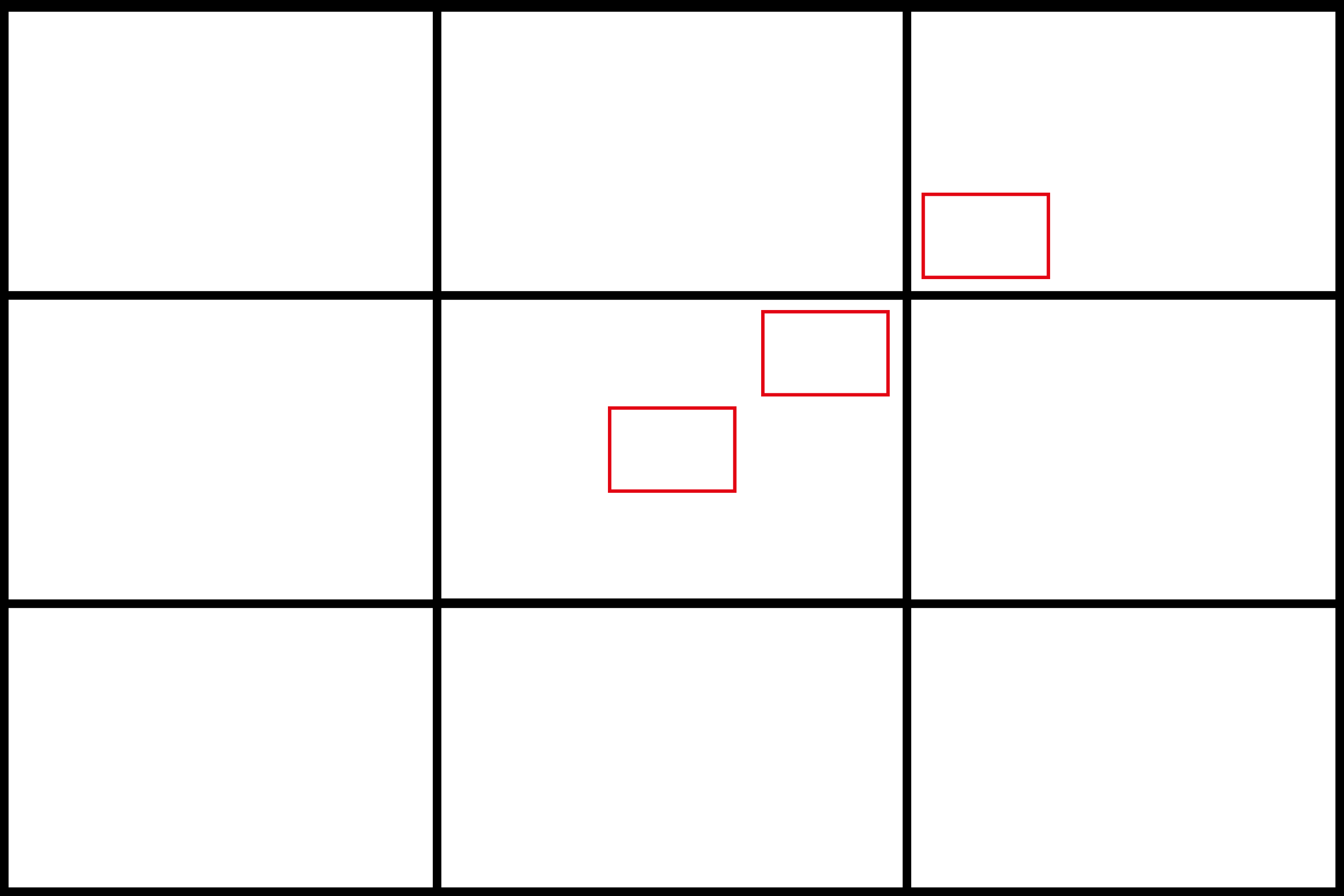
We will be looking at 100% crops from the 24mp Sony A7III and the Leica M10. Both cameras do not have an anti aliasing filter in front of the sensor.
Sony A7III <—> Leica M10
This Voigtländer VM 75mm 1.9 Ultron is slightly softer at f/1.9 compared to f/2.8, but for portrait applications I see many people actually prefering this slight softness at f/1.9.
As soon as you stop down to f/2.8 contrast and resolution are very high, even in the outer midframe area.
There is only little difference between the performance on the Leica M10 and the Sony A7III visible here. In the outer midframe the lens actually looks slightly better on the Sony camera, but this can very well be due to setting precise focus being much easier here than on the Leica camera.
Close 0.5 m, 1:4.6 (42mp Sony A7rII)
Now the thing is, this lens may focus down to 0.5 m, offering a maximum magnification of almost 1:4, but it is a unit focus design and not one with floating elements – and here it shows. At f/1.9 the performance simply isn’t great and I also noticed this in the field. Stopping down to f/2.8 makes a huge difference though.
Now there are two ways you could see this: on the one hand one might complain that the lens may focus down to 0.5 m, but because the performance isn’t great here this is more of a marketing claim to having the shortest minimum focus distance among the 75mm M-mount lenses.
On the other hand this 0.5 m minimum focus distance allows for taking pictures not possible with those other 75mm lenses and stopping down to f/2.8 is enough to push the image quality into the good territory anyway.
I am definitely in the latter category and the 0.5 m minimum focus distance is one of the main selling points of this lens in my opinion.
Flare resistance
Most of the Voigtländer lenses fare very well in this category, but tele lenses are usually more prone to issues here. I took a lot of pictures with this lens and ghosting was never really an issue, but veiling flare with the sun outside the frame can be.
What I write here applies to the multi coated version, I expect the single coated version to perform different.
As you can see from the comparison above, at f/1.9 you may encounter a loss of contrast depending on the position of the light source in the frame.
Stopped down not much changes. What I am showing you above are staged, extreme scenarios though that you will not encounter regularly in the field.
What I did encounter more than once is that rainbow artefact you see on top. Shading the lens can help, but as you can see a part of my hand is now visible in the top left corner and with a rangefinder camera without liveview it is obviously not possible to see this artefact before taking the shot and then placing your hand accordingly.
Coma
100% crops from extreme corner, focused on center, M10
I don’t think astrophotography is a typical application for this lens, but a very high amount of coma can still easily ruin blue hour or nightly cityscapes. Here I am happy to report this aberration is corrected quite well. There is some coma visible at f/1.9, but by f/2.8 this is hardly noticeable anymore.
Distortion
This Voigtländer VM 75mm 1.9 shows a low amount of mostly uniform pincushion distortion. There is no correction profile in CameraRAW/Lightroom available yet, but you can just dial in a correction value of -2 and you should be good to go even for demanding architecture subjects.
Bokeh
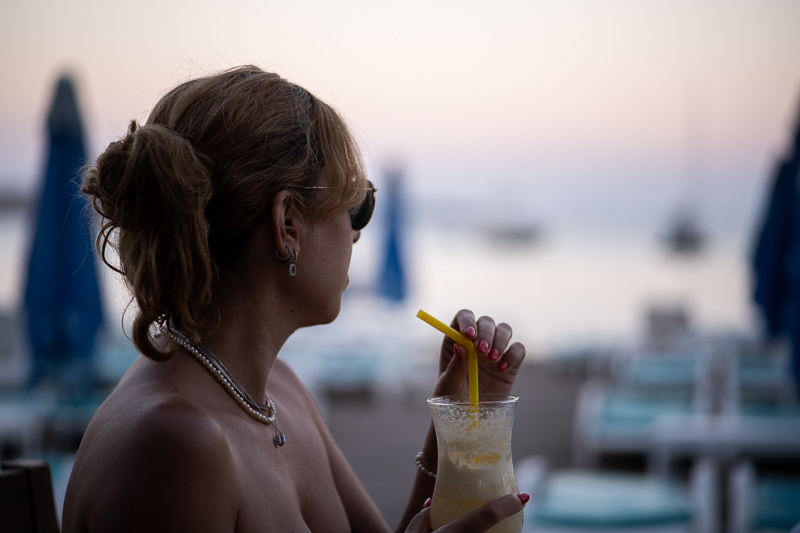
Generally this Voigtländer VM 75mm 1.9 Ultron shows very similar, meaning smooth (or as some may call it “modern”) out of focus rendering as the Voigtländer VM 75mm 1.5 Nokton or other modern Voigtländer lenses like e.g. the 50mm 1.5 Nokton II.
The stand out feature is the minimum focus distance of 0.5 m, which in combination with the 75mm focal length makes this the Voigtländer M-mount lens with the highest magnification (1:4.2) available today (late 2023).

At this minimum focus distance and shooting at f/1.9 the image is a bit soft though (see mushroom above), at slightly longer focus distances or stopped down a bit the lens is a lot sharper though.
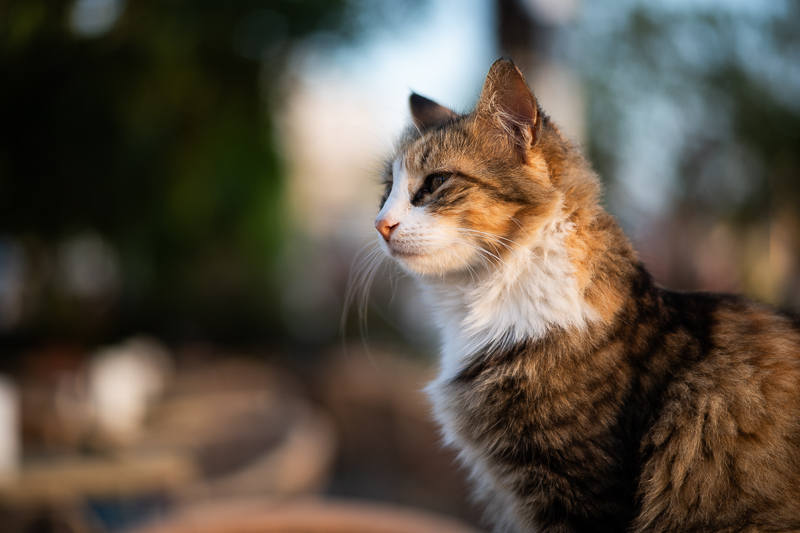
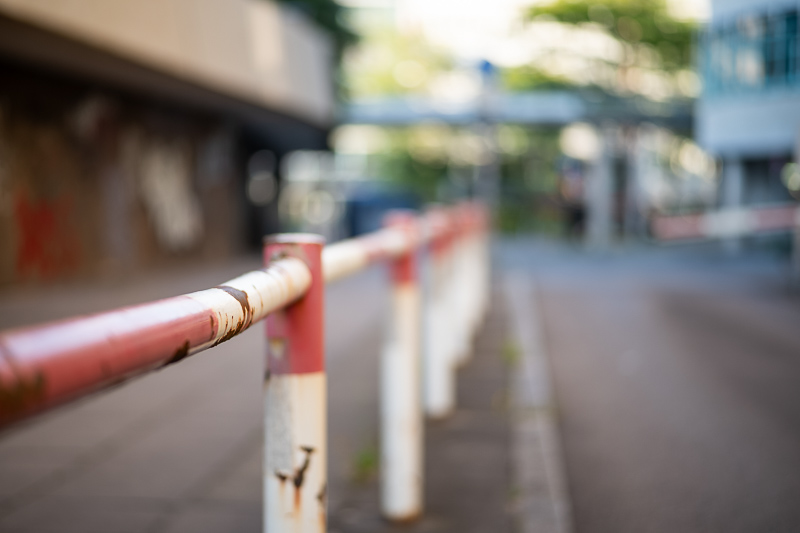
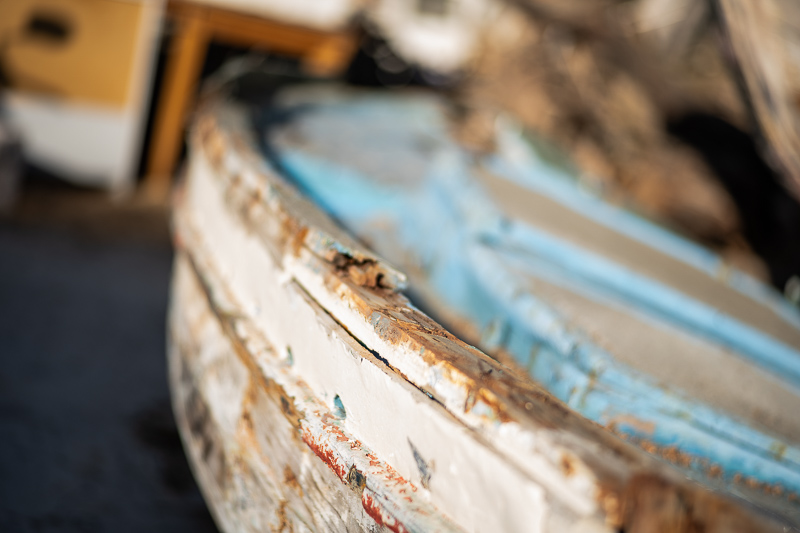
Optical vignetting (cat’s eye shape of out of focus highlights towards the corners) makes itself felt at all distances, but then it isn’t more pronounced than on other compact Voigtländer lenses.
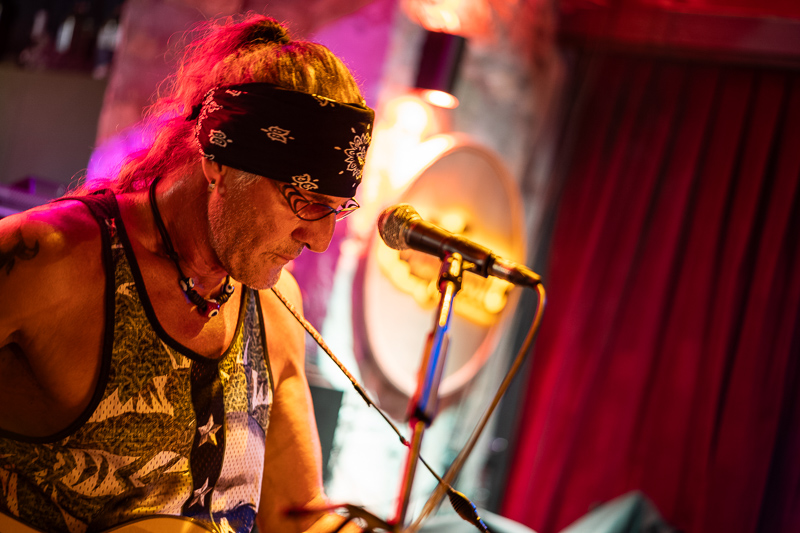
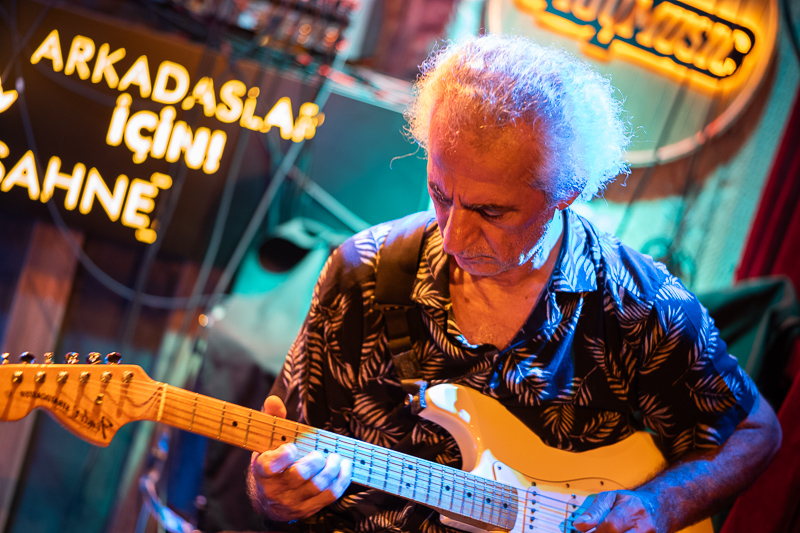
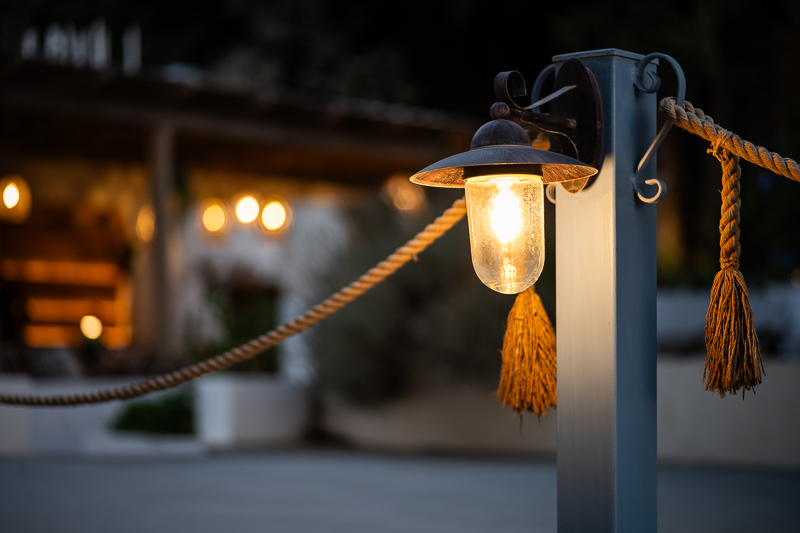
At typical portrait distances the lens does a great job. Contrast and sharpness are high, bokeh is smooth, so with good lighting this allows for a fine impression of depth.
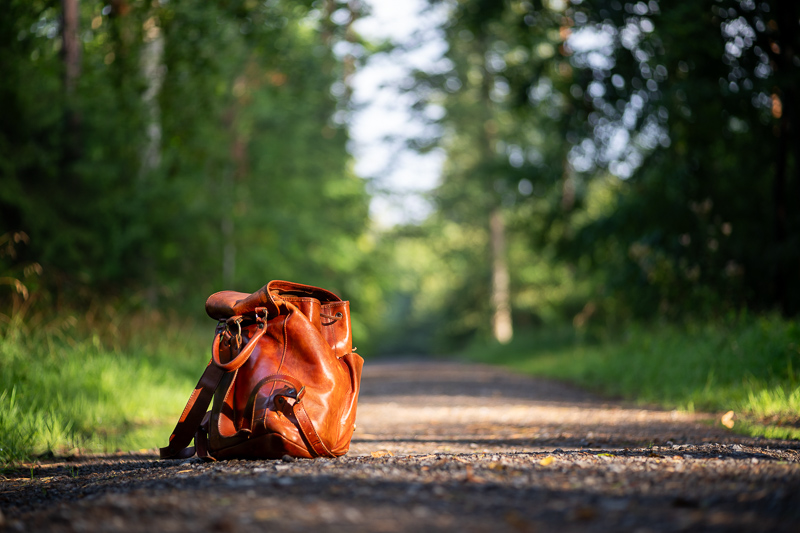
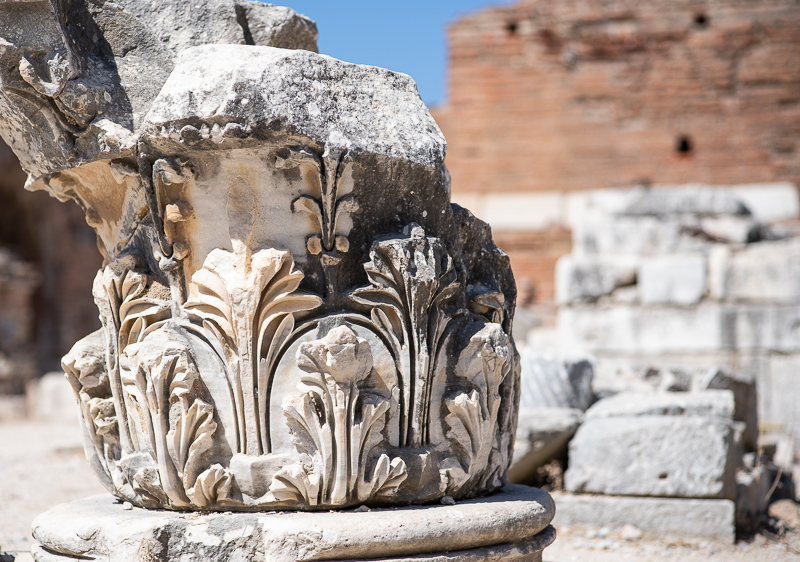
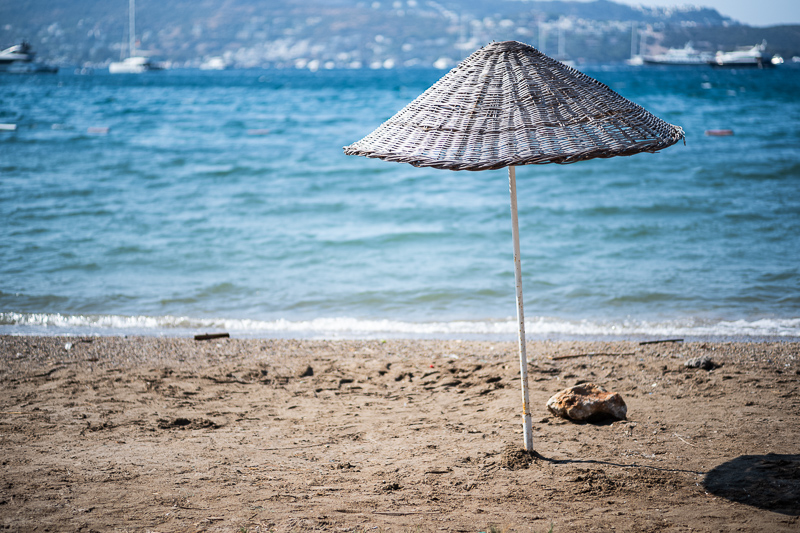
Also at longer focus distances the bokeh is undistracting in most situations. Only the last sample on top of is a bit of a worst case scenario, thanks to its complex background with details in the corners. But this is surely something that only few people will ever encounter let alone notice.
Long story short: this lens draws a really nice bokeh in almost any situation. That being said: personally I slightly prefer the VM 75mm 1.5 Nokton here.
Sunstars
This 75mm 1.9 features Cosina’s newer aperture diaphragm design with 12 straight aperture blades which yields very distinct sunstars already from f/2.8 here.
If you want to know more about sunstar rendering of different lenses have a look at this article.
Chromatic aberration
Lateral
100% crops from corner, Leica M10
There are almost not lateral CA to begin with. What is still there is easy to correct in post with just one click, e.g. in Lightroom.
Longitudinal
The Voigtländer VM 75mm 1.9 Ultron shows a noticeably amount of bokeh fringing, not only at f/1.9, but still at f/2.8 and even at f/4.0:
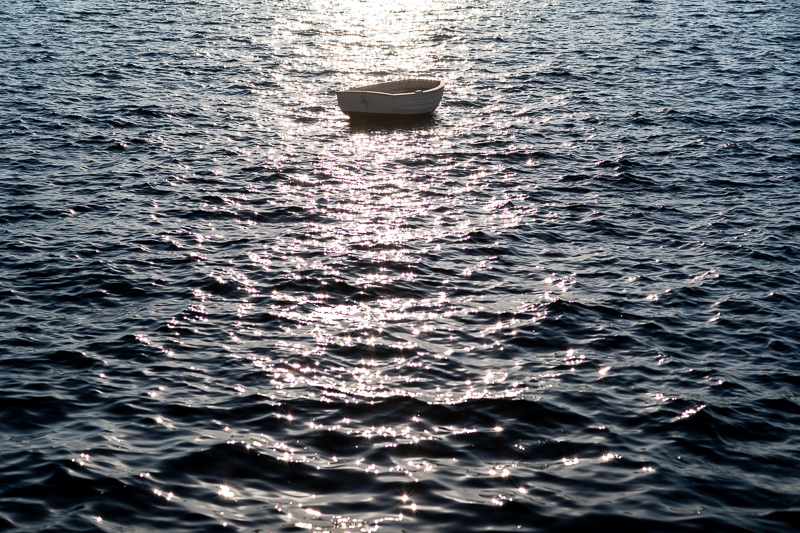
The picture above makes things look worse than they actually are, as scenes like this the lens handled very well:
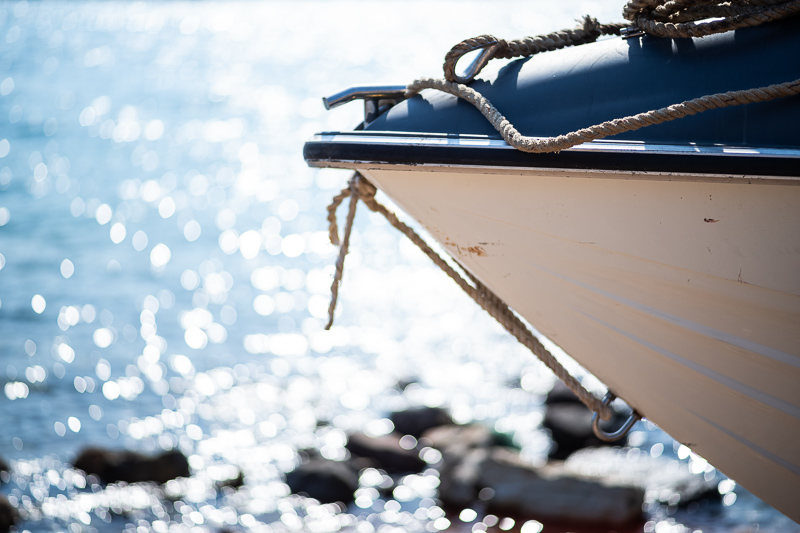
At the end this is still a solid performance for such a compact yet fast lens, that being said the much cheaper Samyang 75mm 1.8 AF does perform better here. The Voigtländer VM 75mm 1.5 Nokton performs similar at f/2.0, but also slightly better at f/2.8.
Conclusion
good
|
average
|
not good
|
By 2023 Cosina has pretty much perfected the art of creating small high quality M-mount lenses with only a few tolerable compromises.
What are the compromises with this Voigtländer VM 75mm 1.9 Ultron? Optical vignetting (cat’s eyes) is definitely present, but still less than on the much bigger and twice as heavy Leica 75mm 1.4 Summilux-M, so I find it hard to complain about that.
At the mimimum focus distance the lens is also a bit soft at f/1.9, but then the other 75mm M-mount lenses don’t even focus as close, so I also find it hard to complain about that.
Only flare resistance could be a little bit better at times. This is not to say it is bad, it is pretty good, I am simply used to excellent from many of Cosina’s other lenses, maybe making this one look a little worse than it actually is.
So what do we get here? Really good sharpness for any kind of application one could think of, very appealing bokeh, best minimum focus distance among all the 75mm M-mount lenses, compact and lightweight package, fair price.
This lens also worked great with the Techart LM-EA9 AF adapter on my Sony cameras.
If you like any of Cosina’s other modern lenses (e.g. 28mm 2.0 MK II, 35mm 1.5, 50mm 1.5 MK II, 90mm 2.8) you will surely enjoy this one as well.
buy from amazon.com | amazon.de | ebay.com | B&H (affiliate links) for $699
Alternatives
M-mount
Voigtländer VM 75mm 1.5 Nokton:
As I have been using this 75mm 1.5 for years now I compared it to the newer 75mm 1.9 Ultron in pretty much all of the categories above and if you have checked you might have noticed they also perform very similar in most of them.
What are the important differences? The f/1.5 Nokton is slightly faster and therefore performs better in terms of vignetting at shared wider apertures with less cat’s eyes. The biggest benefit of the f/1.9 Ultron is that it focuses down to 0.5 m. The weight difference of only 60g (or 20%) is not really relevant to me, but it might be for you.
If you think you can make use of the 0.5 m minimum focus distance the Ultron is probably the better choice for you. Personally I like having the f/1.5 option and I also like the f/1.5’s casing design way more.
buy from amazon.com | amazon.de | B&H | ebay.com | ebay.de for $899 (affiliate links)
Voigtländer 75mm 1.8 Heliar Classic:
I used this lens in the past, Phillip wrote a review, neither of us was impressed with its performance. Better get one of the modern 75mm Voigtländer lenses.
buy from ebay.com | ebay.de for ~$400 (affiliate links)
Leica 75mm 1.4 Summilux-M:
This Leica lens is very big and heavy, very expensive and a design from the late 1970s. Now personally I see no reason to get this over either of the two modern Voigtländers, but not everyone shares my opinion and one of this lens’ fans wrote a guest reivew here on the blog, so have a closer at it and decide for yourself if it is worth spending 3.5 k on this one.
buy from ebay.com starting at $3.500 (affiliate links)
Leica 75mm 1.25 Noctilux-M:
In late 2017 Leica released this even faster 75mm 1.25 as successor to the aforementiond lens. It looks like a very sharp lens from some measurements lensrentals conducted, but because of the small M-mount diameter it unsurprisingly suffers from very strong optical vignetting and personally I really wonder how much sense a 1.0 kg lens that barely even works with the rangefinder makes for the M-mount system.
For the same price of this lens you can also get any high-end fullframe camera with the latest and best eye AF in combination with any AF portrait lens you desire, a setup which will get you better results with less hassle. Your pick.
buy from amazon.com | amazon.de | B&H | ebay.com | ebay.de (affiliate links) for $14.395
7Artisans 75mm 1.25:
This is actually one of my 2 favorite 7Artisans lenses (as of mid 2023). Is it as sharp as the aforementiond Leica lens? Not really. But I found it to be sharp enough for any application I can think of for a 75mm lens and drawing a very nice and pleasing bokeh. In the end I decided to go with the 75mm 1.5 Nokton at that time (for being 250g lighter and slightly closer focusing) but it was actually a close call.
buy from amazon.com | amazon.de | B&H | ebay.com | ebay.de for $449/499€ (affiliate links)
MS-Optics 73mm 1.5 Sonnetar:
If you are looking for the smallest and lightest (~200g) lens in class that would be this MS-Optics lens. The build quality and handling is not nearly as nice as what this new Voigtländer VM 75mm 1.9 Ultron has to offer, it doesn’t focus as close, isn’t as sharp and has more CA and flare issues.
Some people really enjoy the Sonnar rendering of this one, personally I saw it more as an f/2.0 lens because of some aberration issues at f/1.5 and therefore preferred to stick with my VM 75mm 1.5 Nokton and I would also prefer this newer 75mm 1.9 Ultron.
you can sometimes find this lens on ebay.com (affiliate link) for about $1000
Other
Samyang 75mm 1.8 AF:
This Samyang AF lens is a bit lighter and also cheaper, but not made of materials as nice. It is not as good when it comes to flare resistance but shows less CA. There are quite a few reports of issues with sample variation with this Samyang lens though.
buy from amazon.com | amazon.de | ebay.com | B&H (affiliate links) for $329
Sample Images
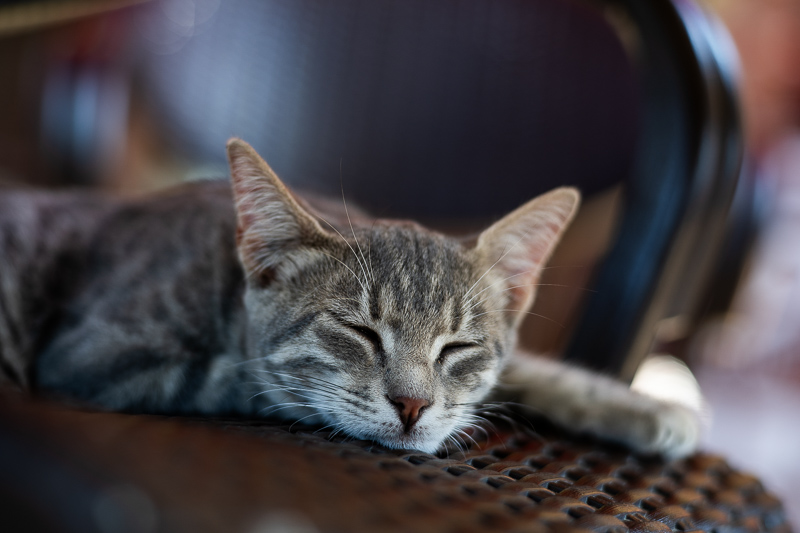
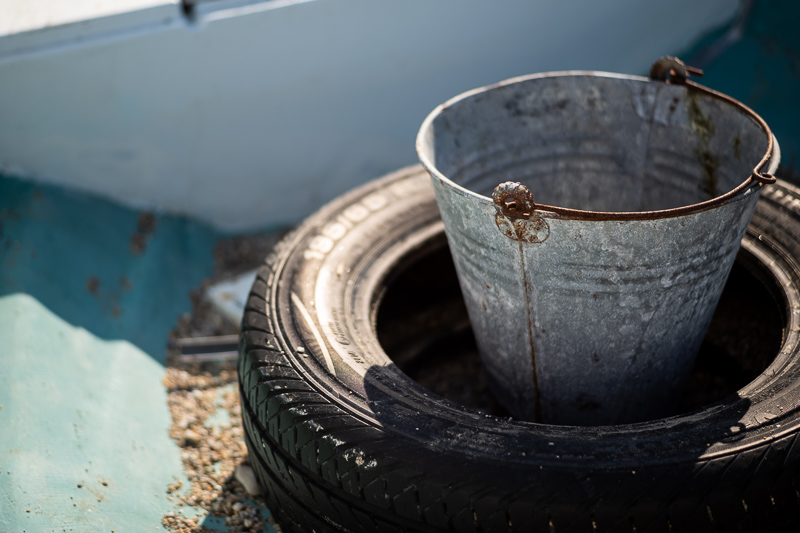
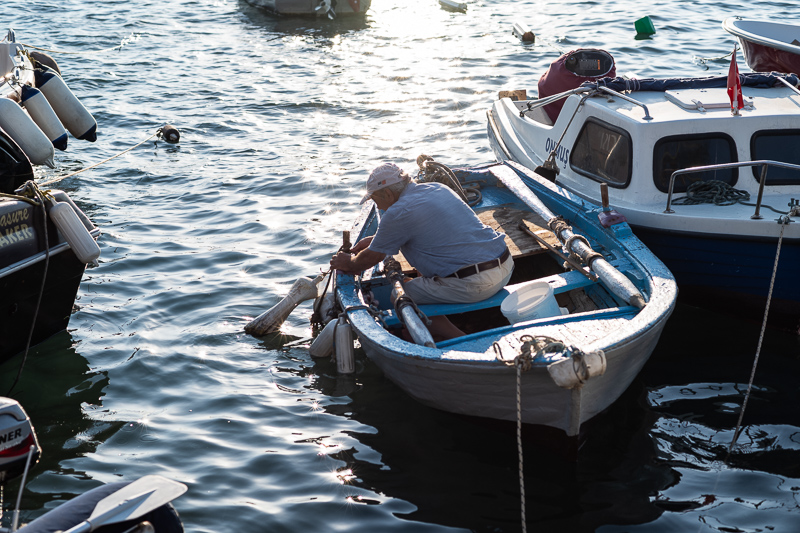
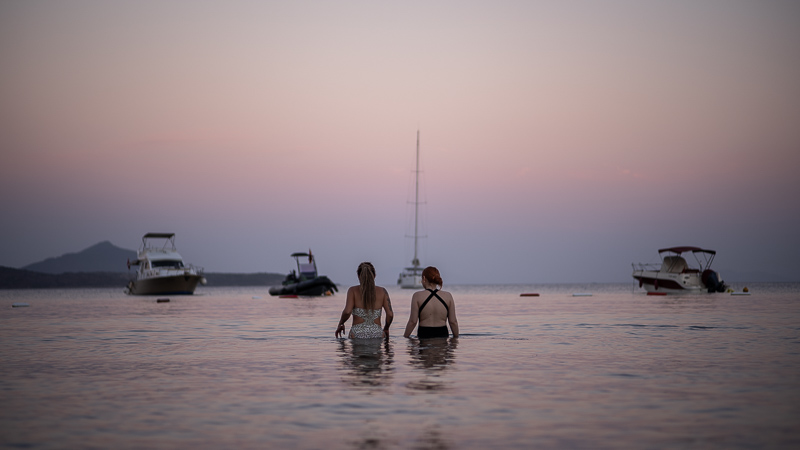
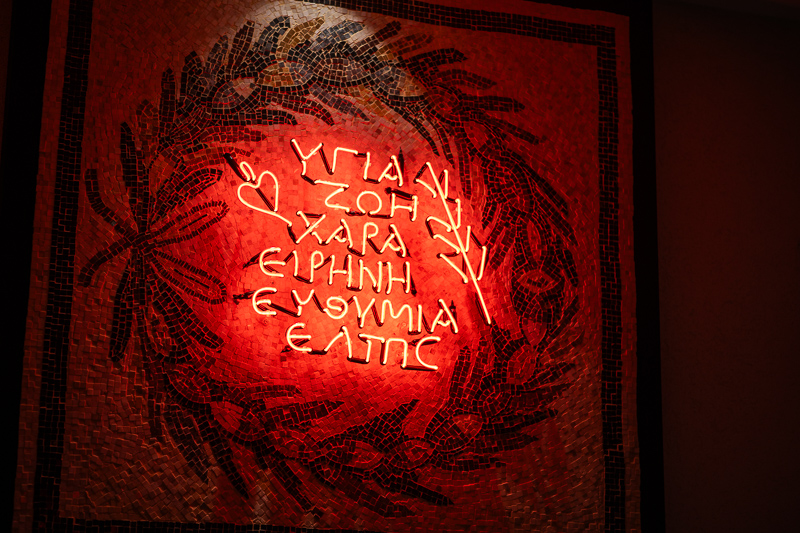

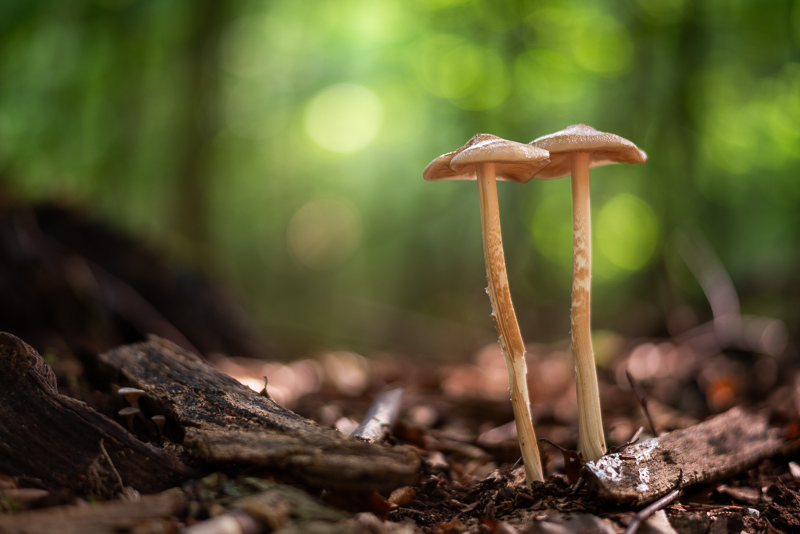
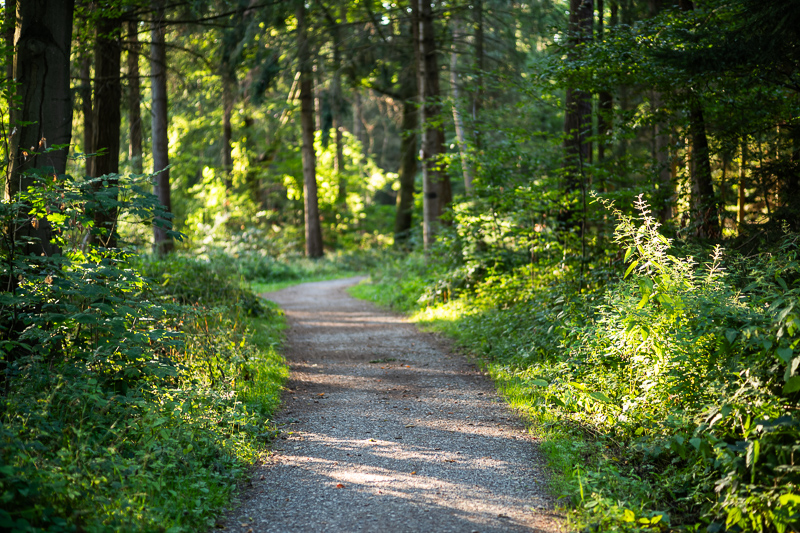
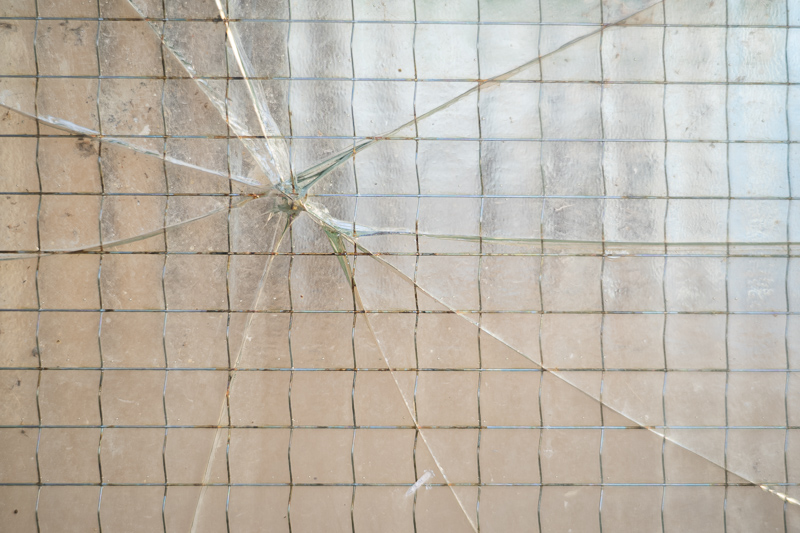
Most of the sample images in this review can be found in full resolution here.
Further Reading
- All M-mount lens reviews
- Analogue Adventures Landing Page
- Review: Laowa 35mm 0.95 – The world’s fastest 35mm lens
- Lens Aberrations explained
- Review: Voigtländer VM 40mm 1.4 Nokton MC
Support Us
Did you find this article useful or just liked reading it? Treat us to a coffee!
![]()
![]()
![]() via Paypal
via Paypal
This site contains affiliate links. If you make a purchase using any of the links marked as affiliate links, I may receive a small commission at no additional cost to you. This helps support the creation of future content.
Latest posts by BastianK (see all)
- Review: Sigma 17mm 4.0 DG DN Contemporary - February 21, 2026
- Review: Songraw 50mm 1.2 Moonlit - February 14, 2026
- Review: Nikon AF-S 14-24mm 2.8G – Way ahead of its time - February 11, 2026
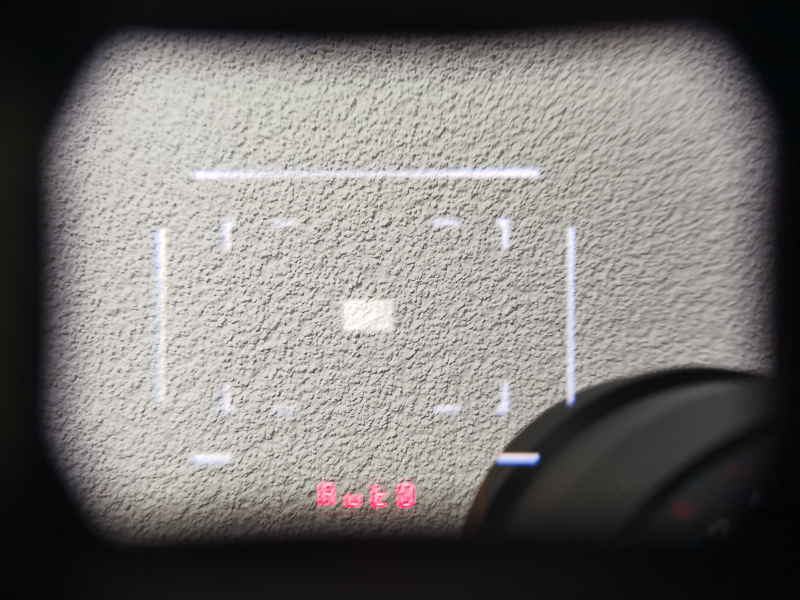
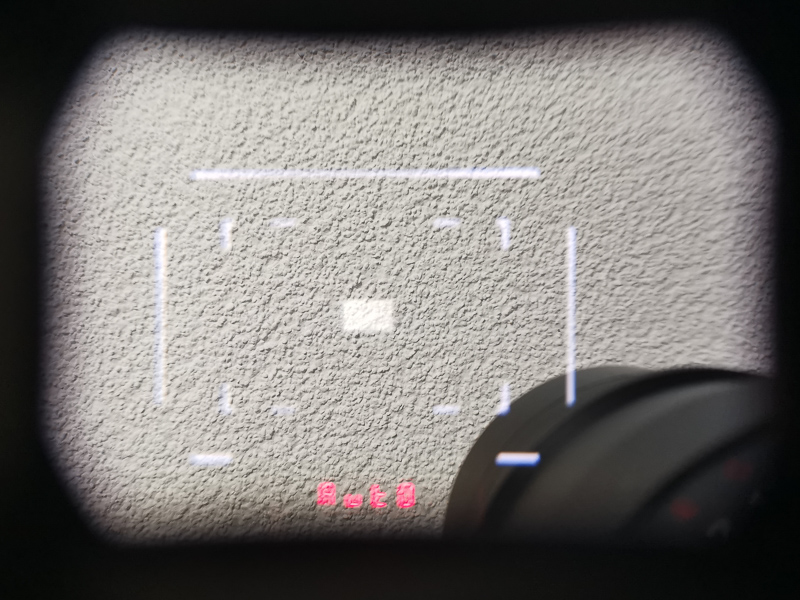
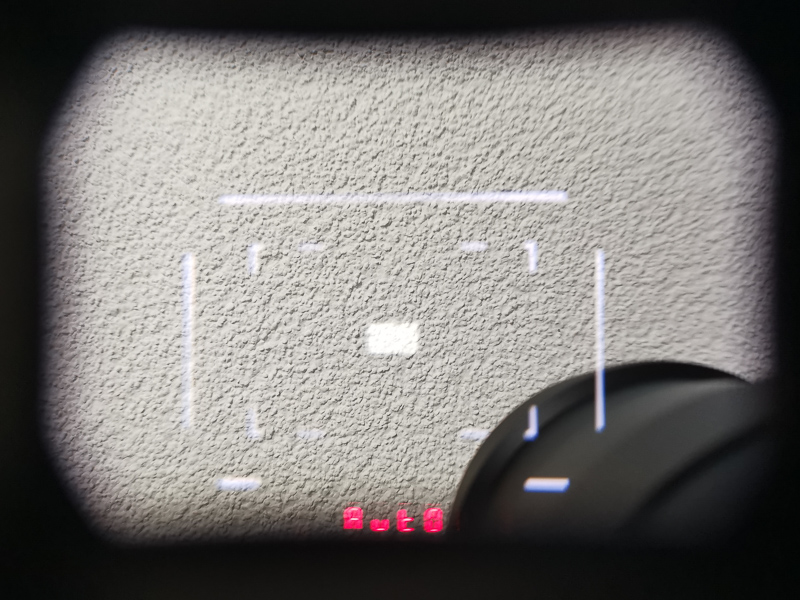
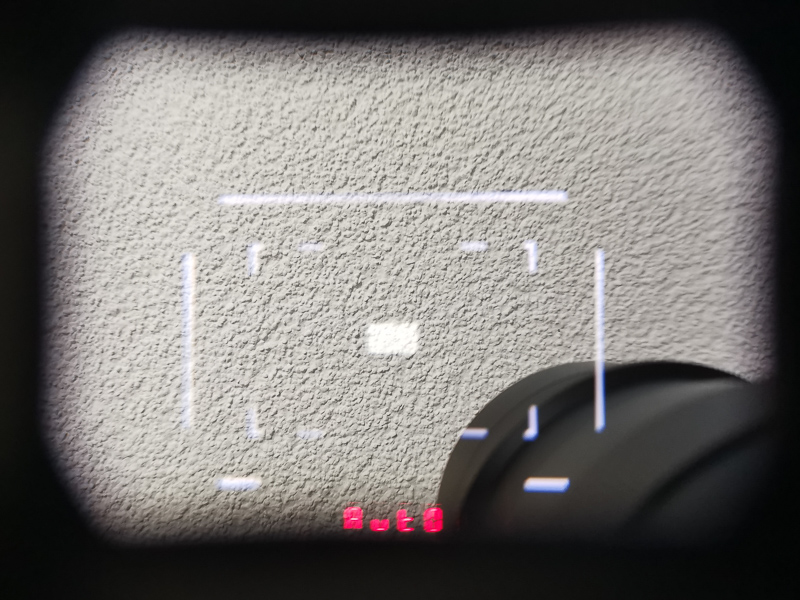





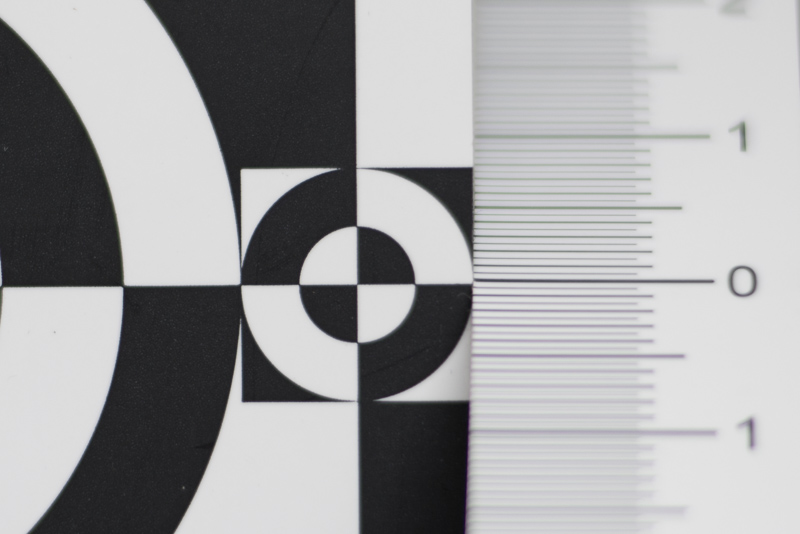
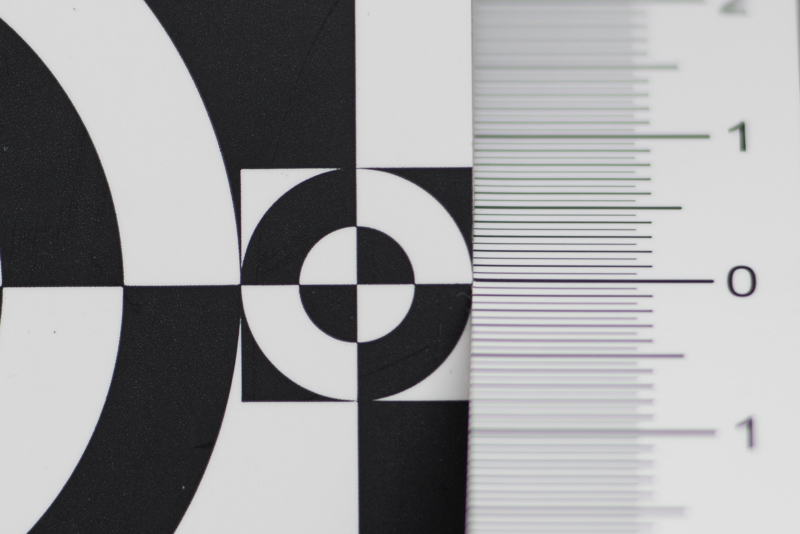
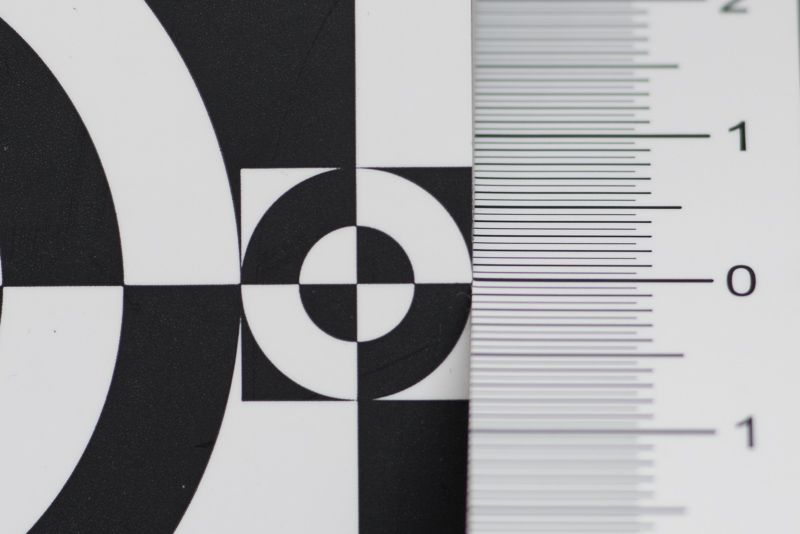
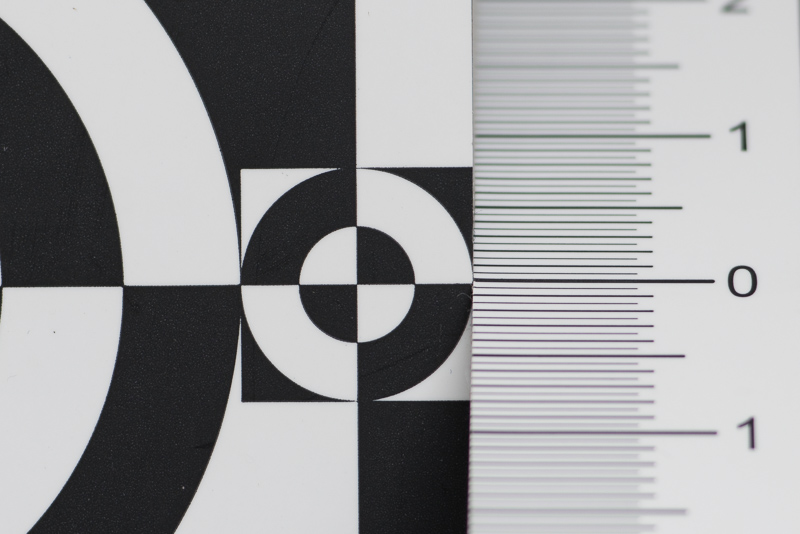
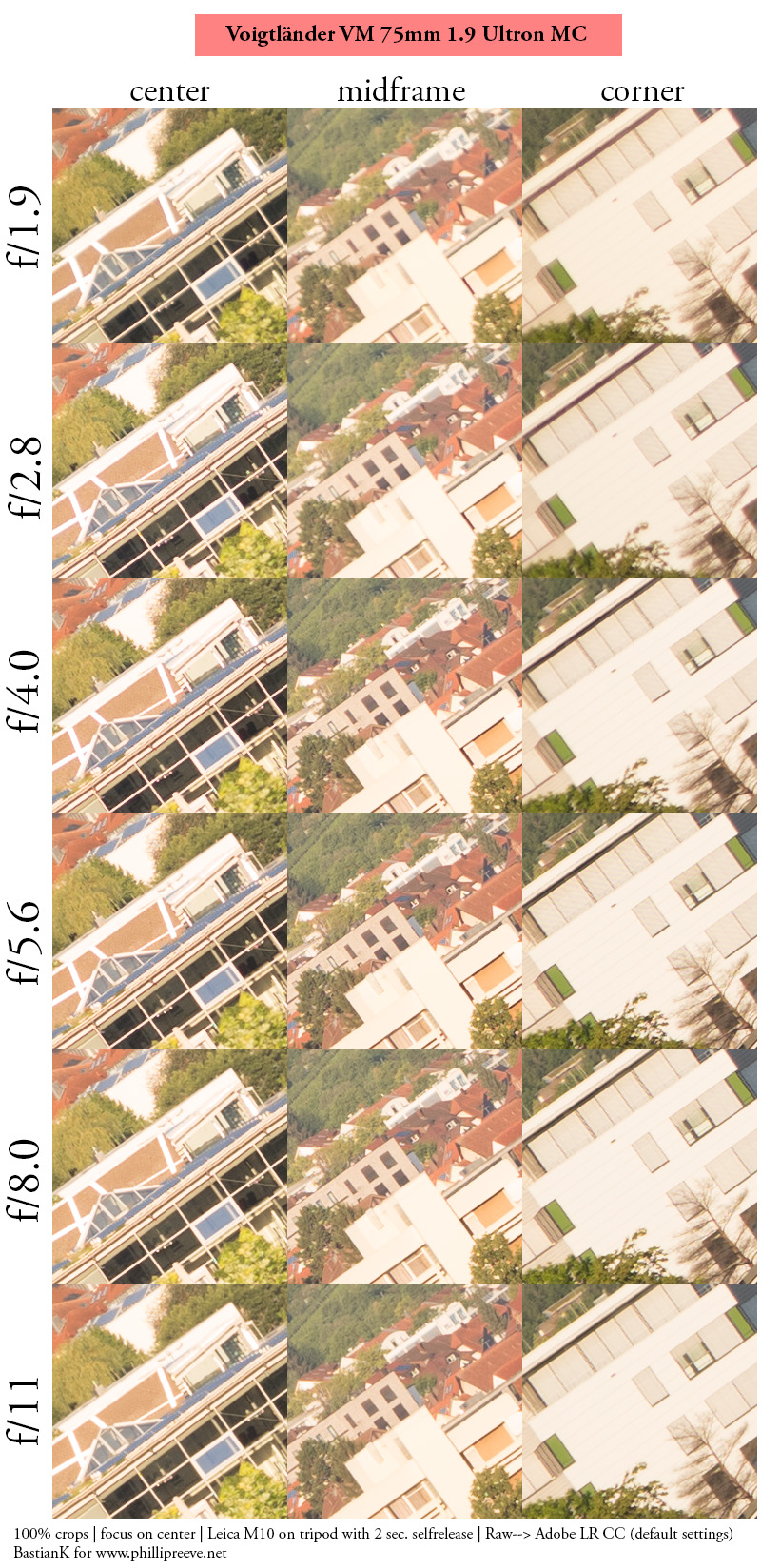
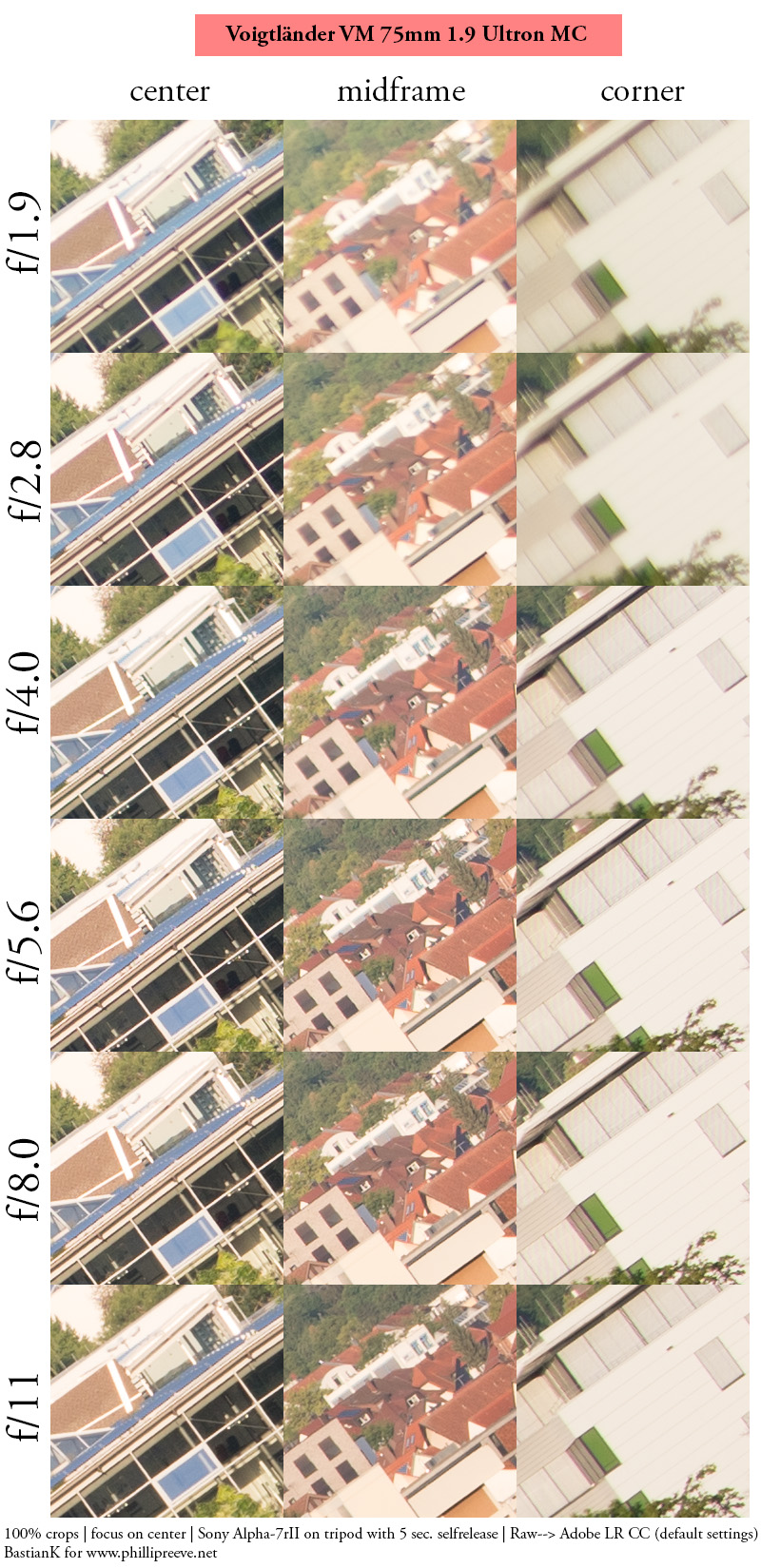
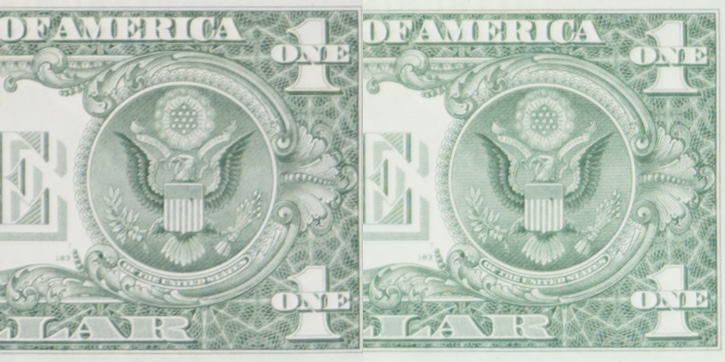
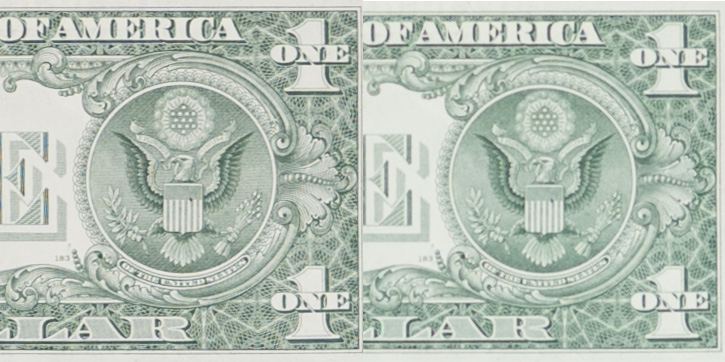
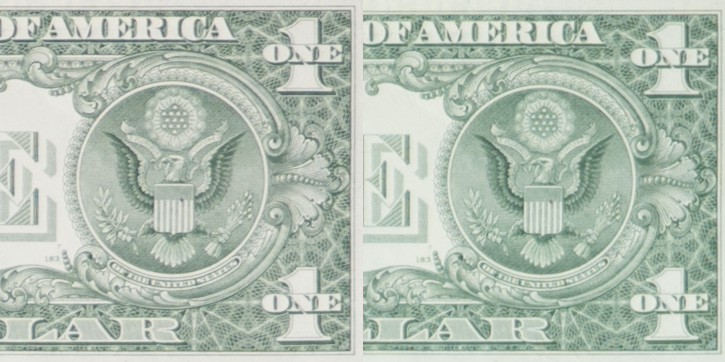
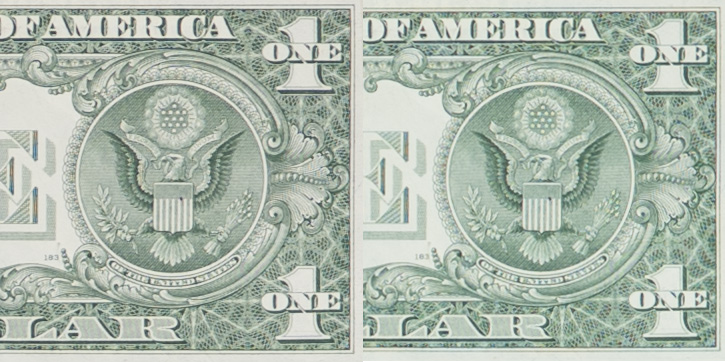
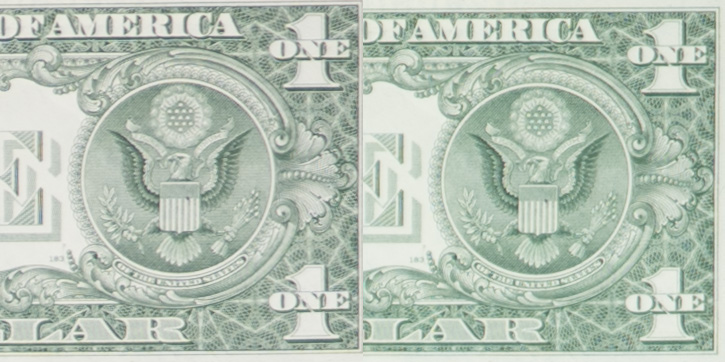
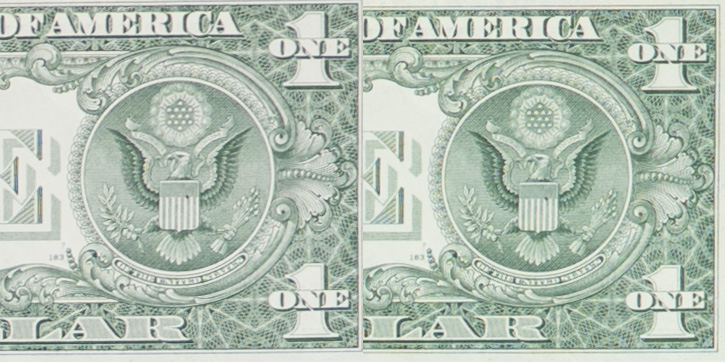
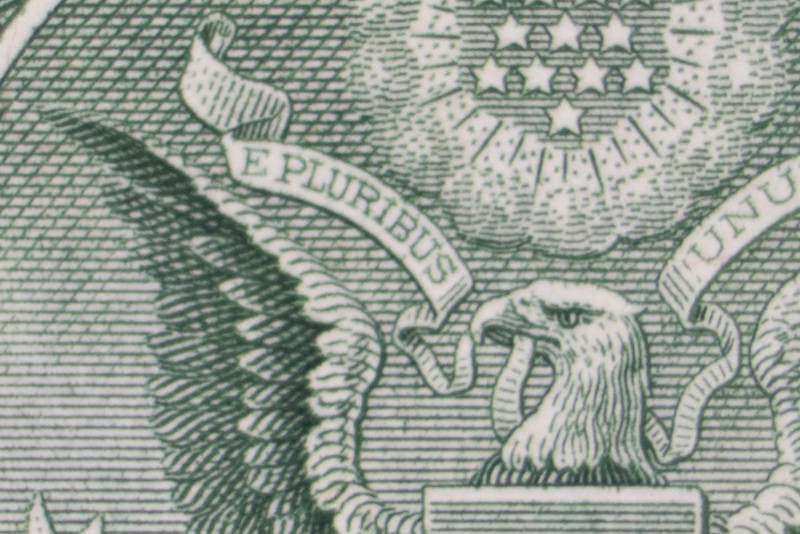
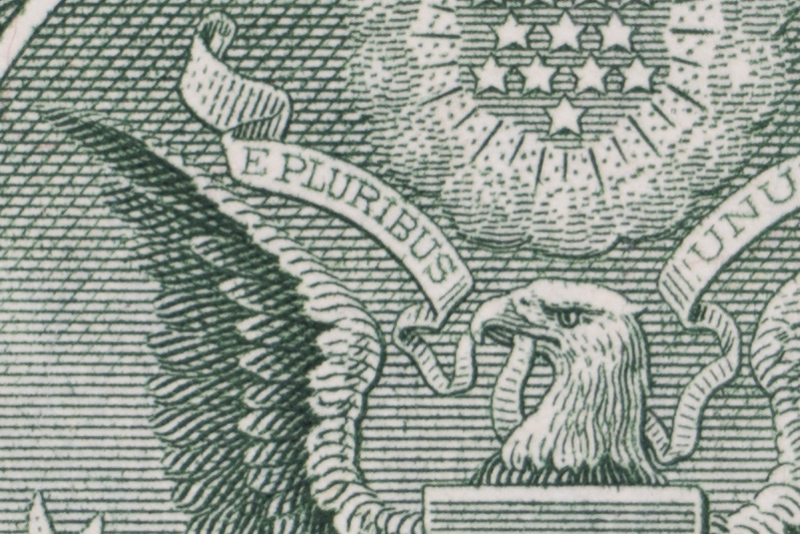
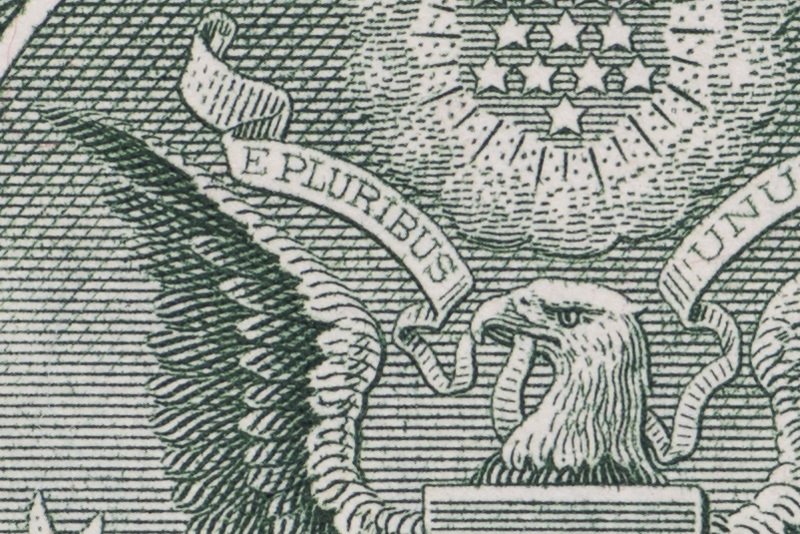
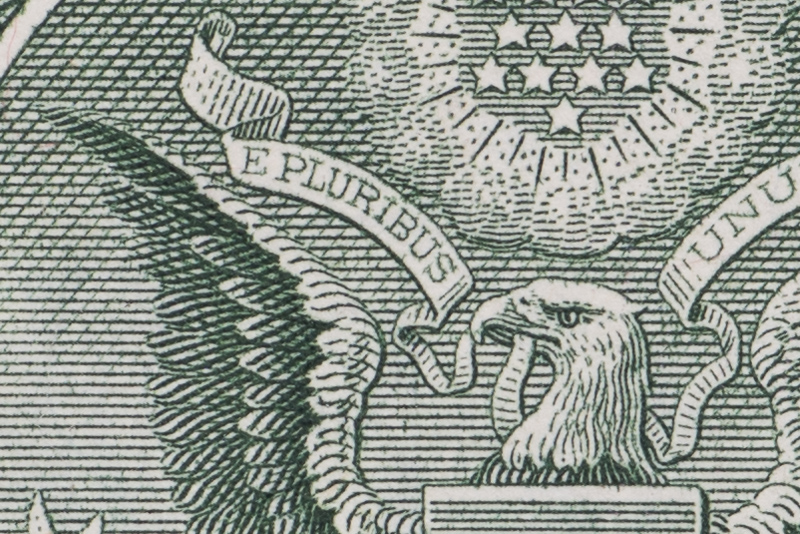
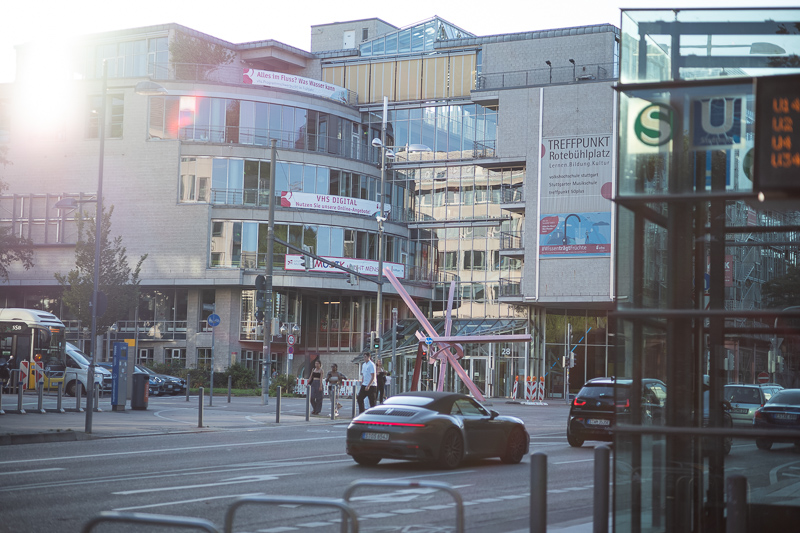
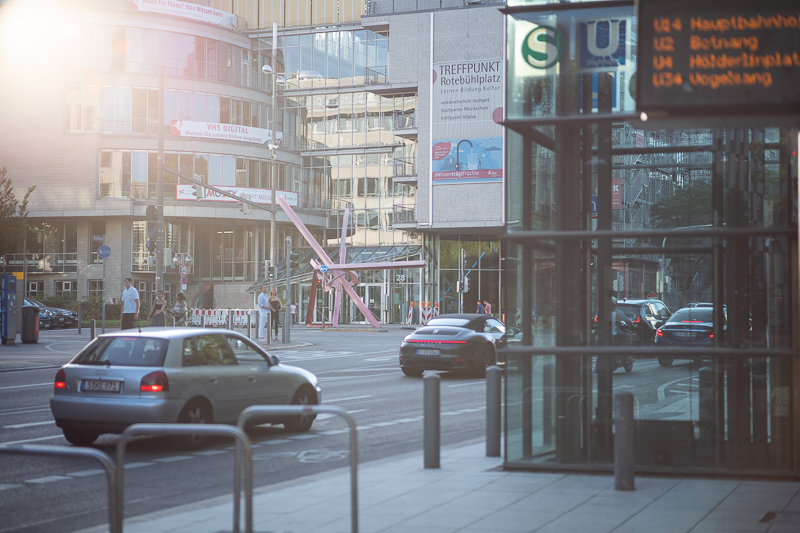
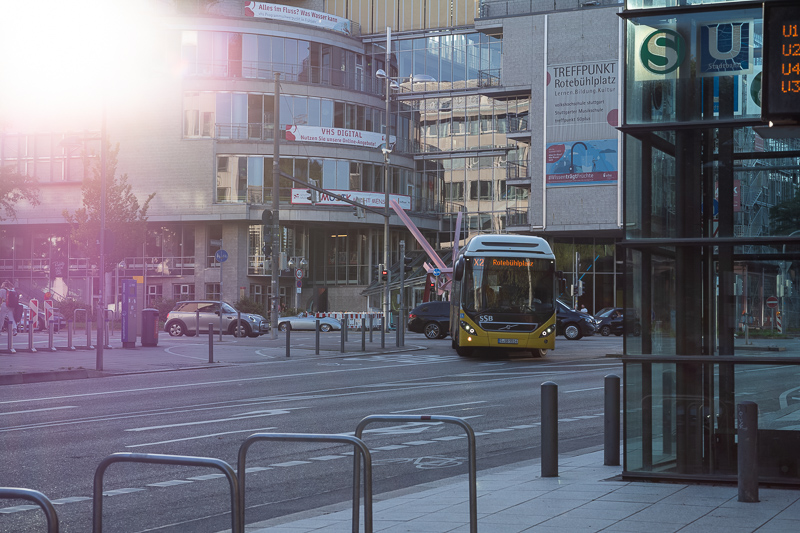

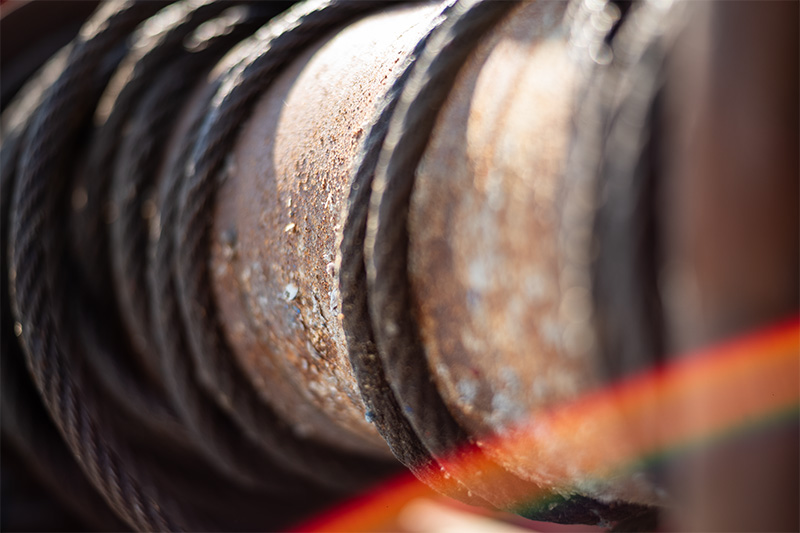
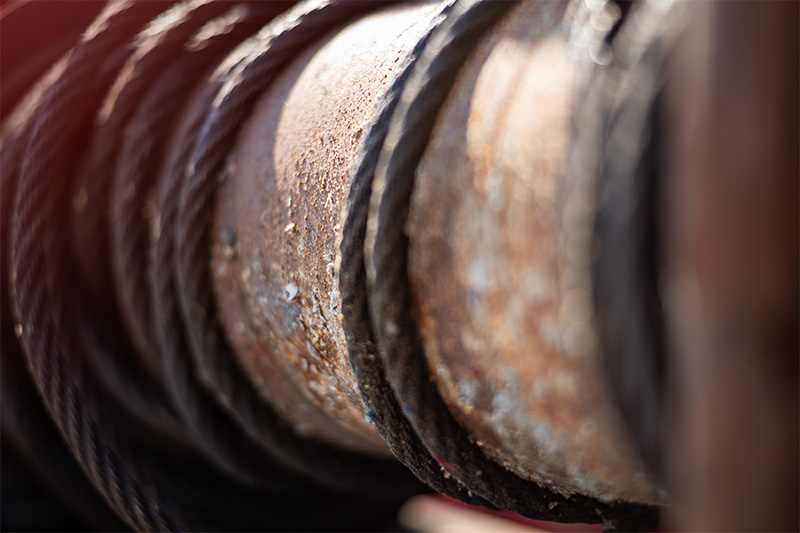
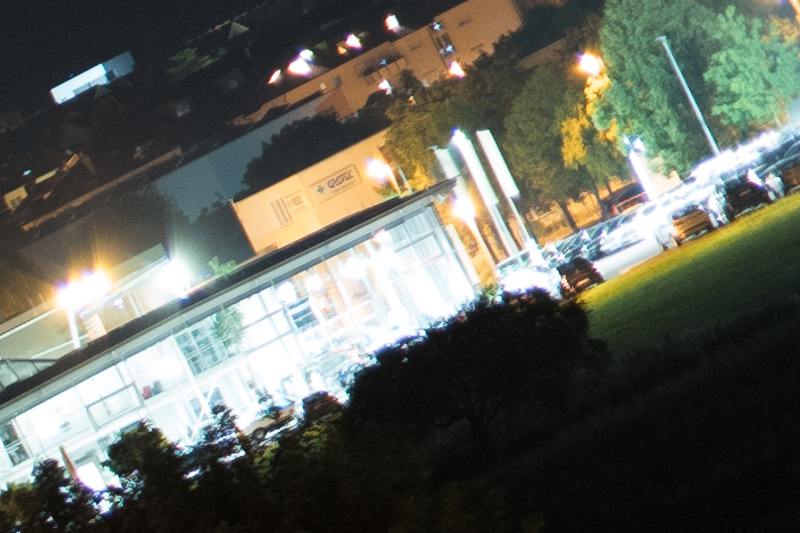
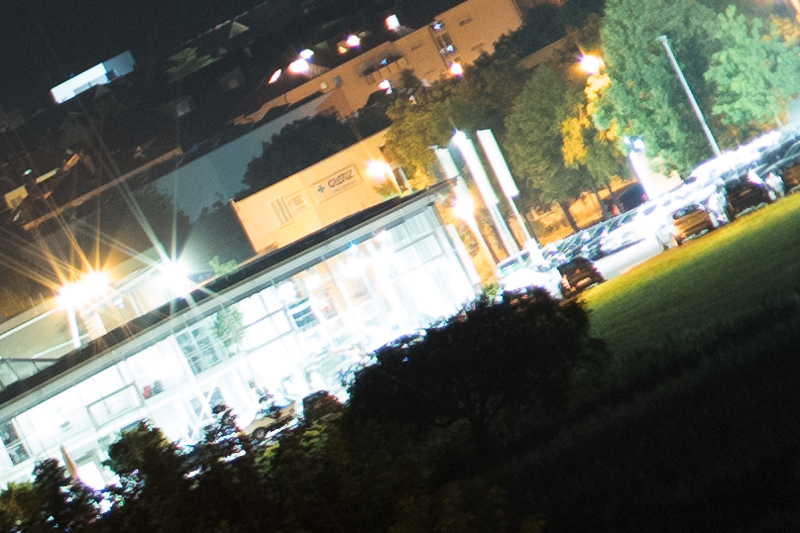
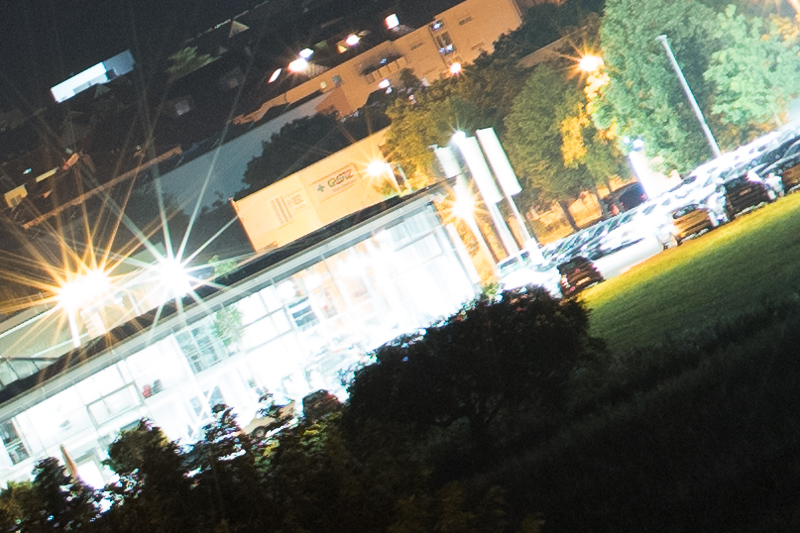
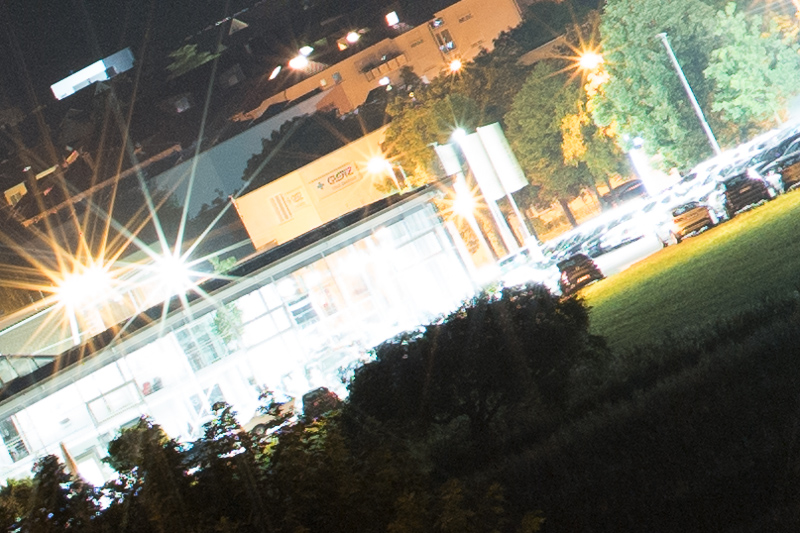
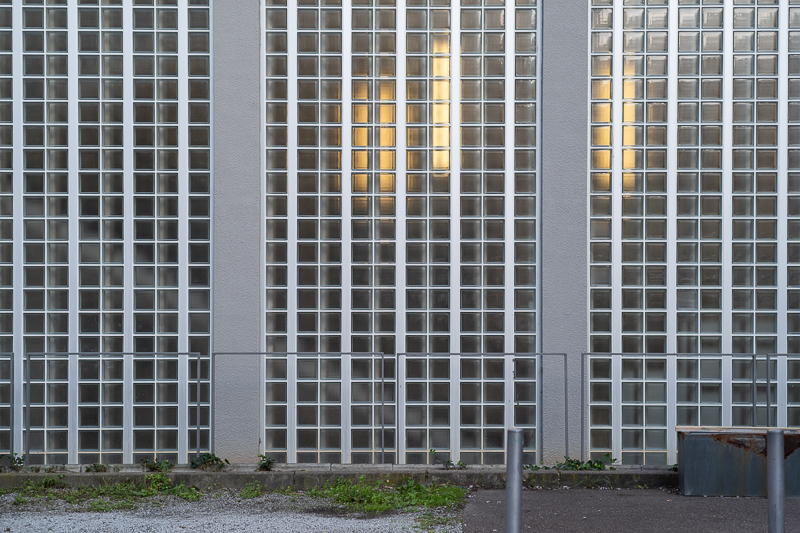
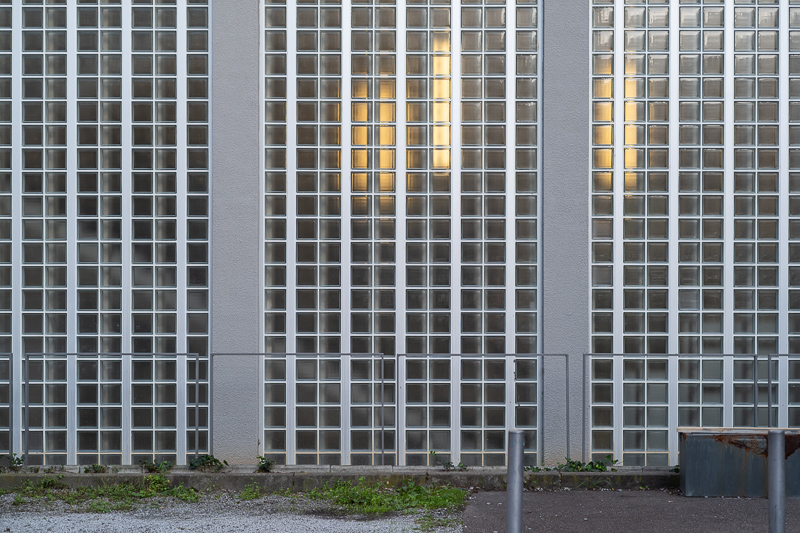
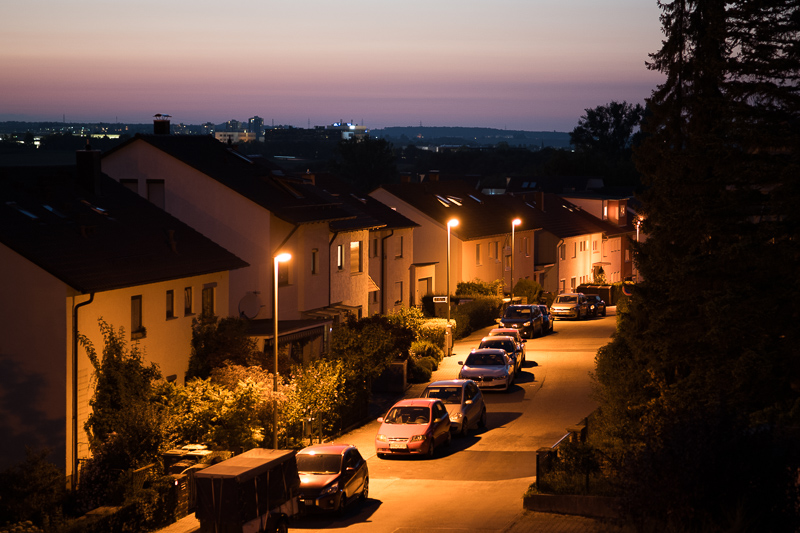

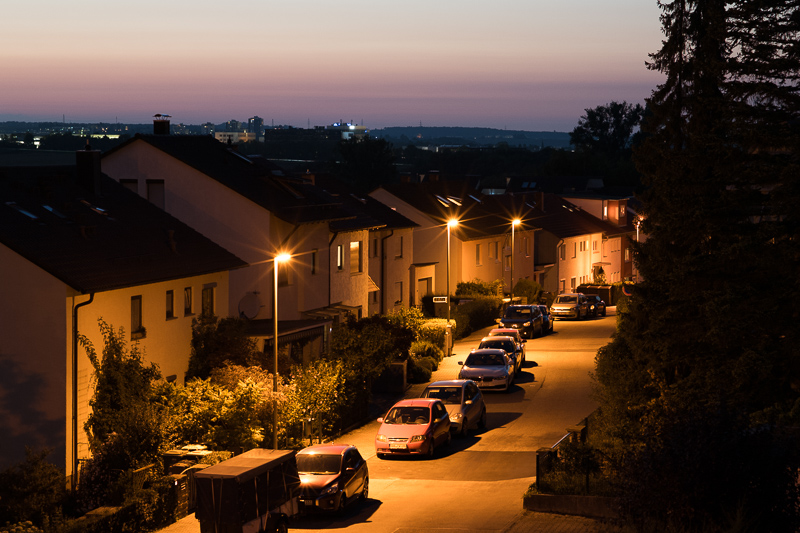
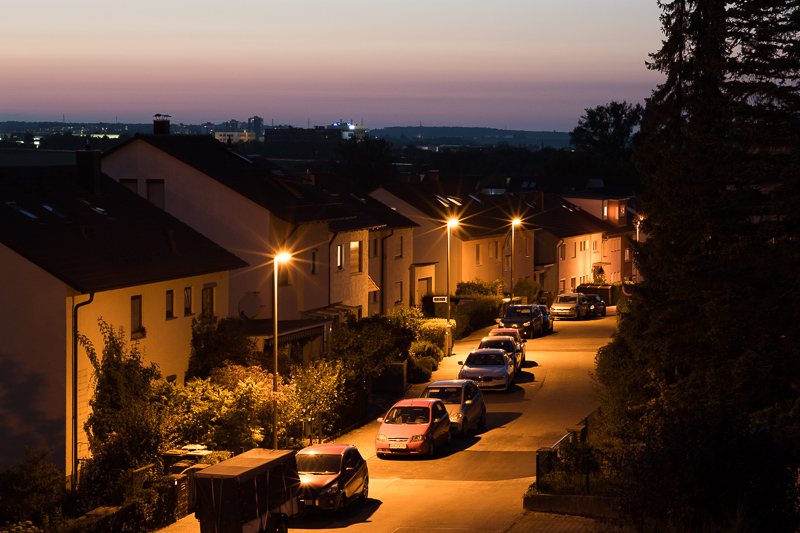
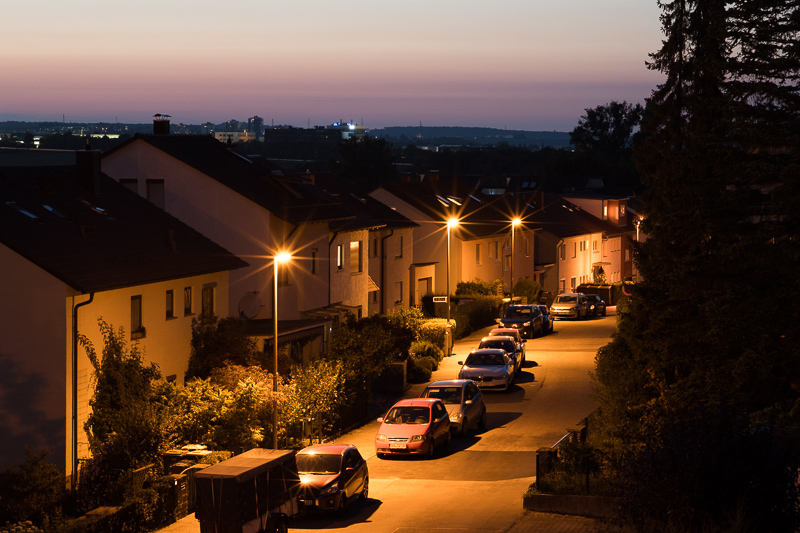
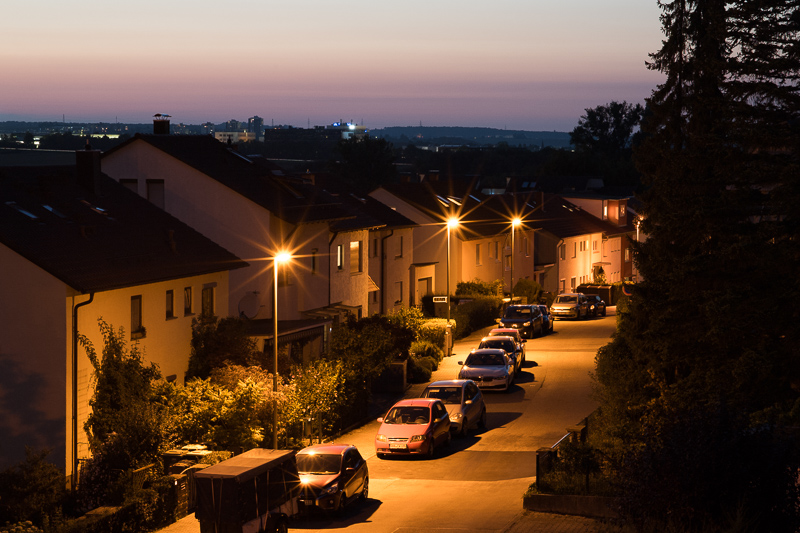
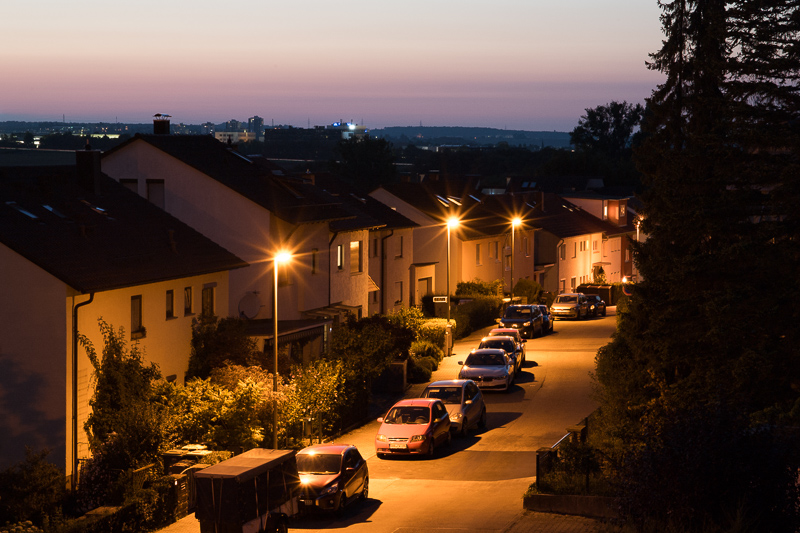
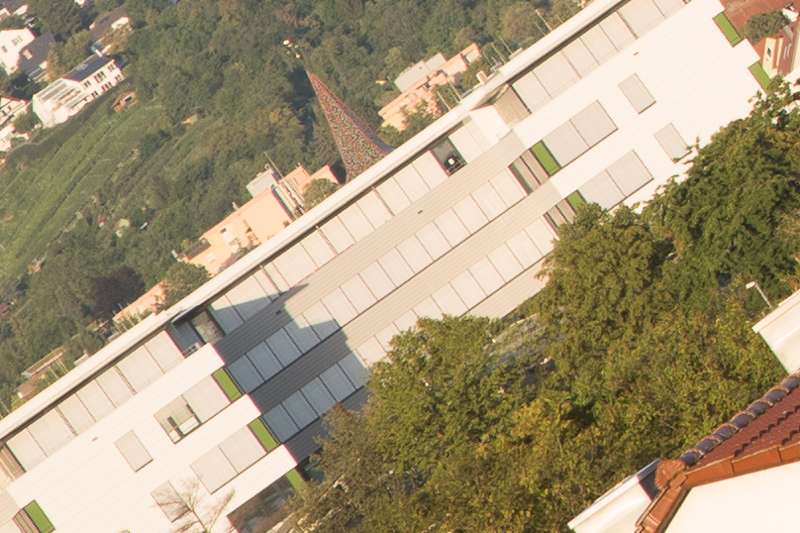
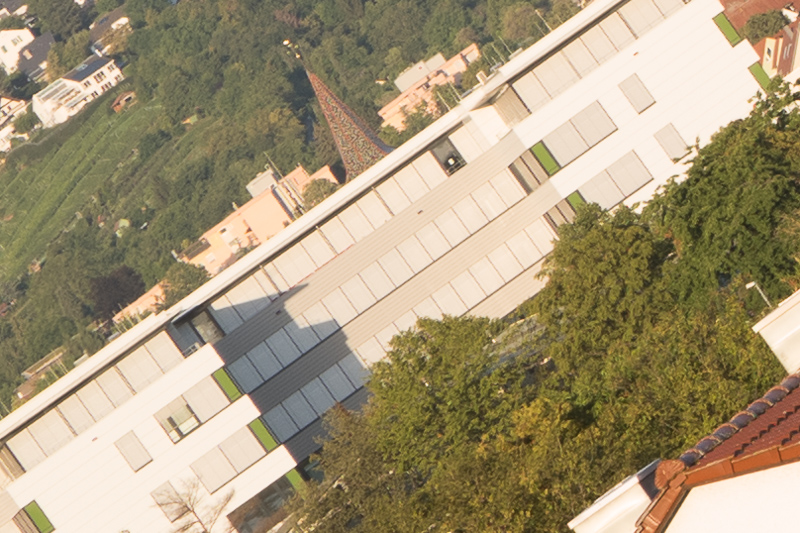
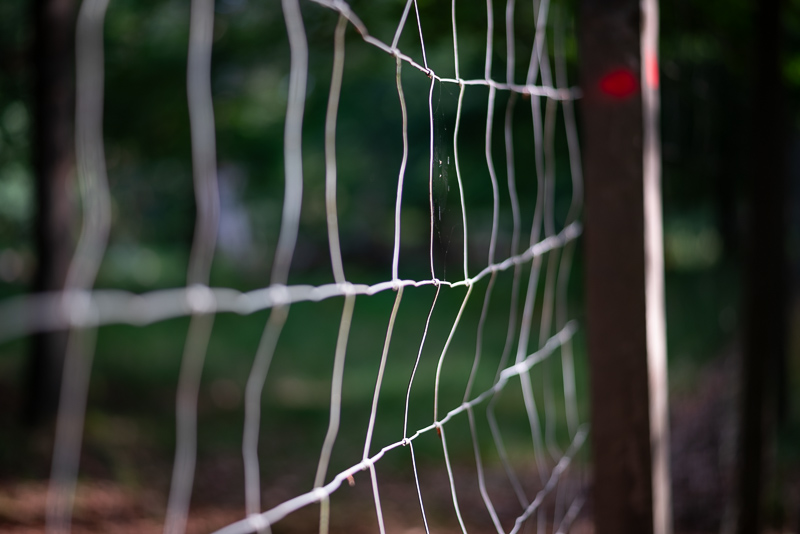
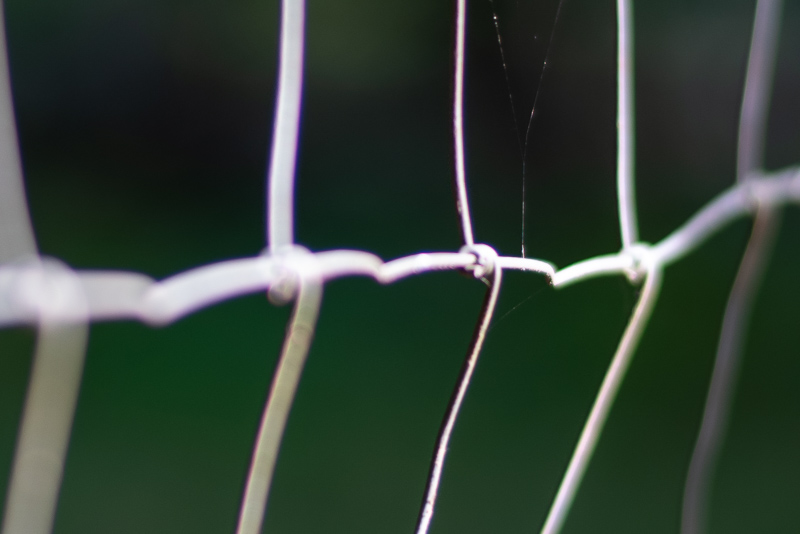
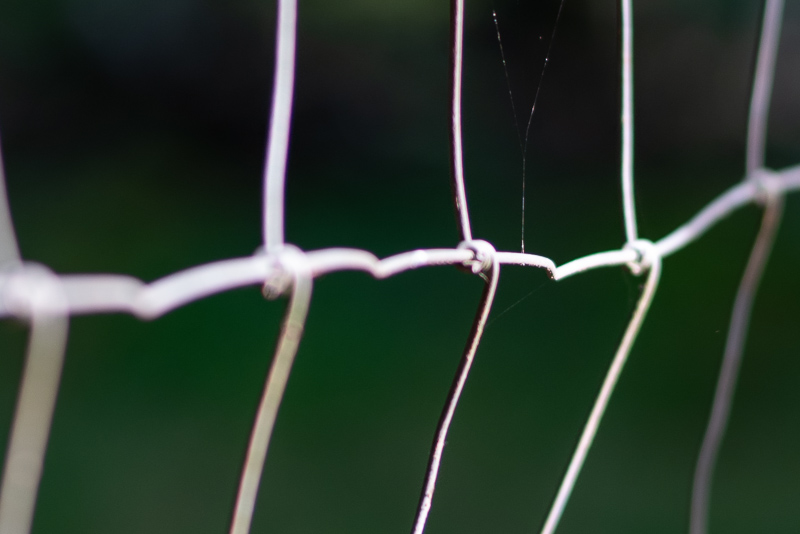
Lovely review Bastian. I think I personally prefer the rendering of Voigtlander’s faster option, but seems like the perfect fit for a Leica M body.
Thank you very mich for this very interesting review of a very attractive lens! Any idea on how this compares with the first Voigtlander 75mm 2.5 Color-Heliar ? The latter is lighter, and for landscape usage maybe more adequate for some users. Thanks a lot !
The 75mm 2.5 is the only 75mm from Voigtländer I haven’t personally used.
Going by everything I have seen from the Voigtländer lenses of that era I think pretty much everyone is better off carrying 60g more and getting the 75mm 1.9.
great review as always. 75 is a pretty unique focal length and you absolutely make it shine here.
fantastic review! I replaced my 75 1.5 with this little guy because of the aforementioned focus creep issues (which broke my heart, because I really did love that lens) and I’m finding it a joy to use. I do miss the option for f1.5 just a little but, if I’m really honest with myself, that’s probably just me being greedy. The outstanding minimum focus distance and better (to my hand) build quality more than make up for it.
I find it a perfect companion for the 40 1.2, giving me a ‘wide standard’ and a ‘tele standard’ option for daily walks, with both happily lending themselves to impromptu portraits on the street as well.
I wonder how many of the 75mm 1.5 will develope that issue…
in a sense I’m relieved it’s a known problem because until I read this review I thought it was probably my fault somehow – but I hope it was just a particular batch or something
Do you think there would be any benefits to getting the “SC” version? Maybe better light transmission and smoother bokeh due to possible lower contrast? I find myself leaning towards to MC because I imagine it will be contrastier and have better flare resistance.
I see no benefit of the SC version unless you are crazy about lens flares.
Less reflections (meaning having multicoating) also improves the light transmission and doesn’t reduce it.
Interesting 🤔 thanks for the insight